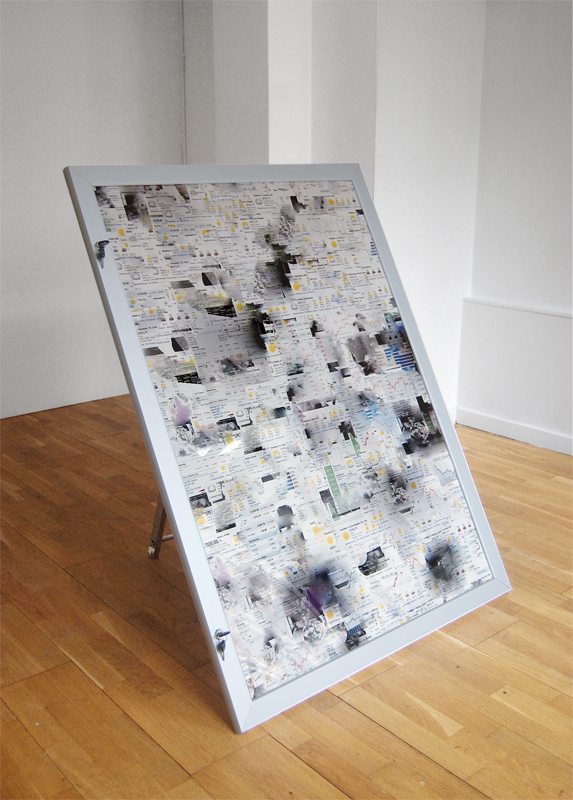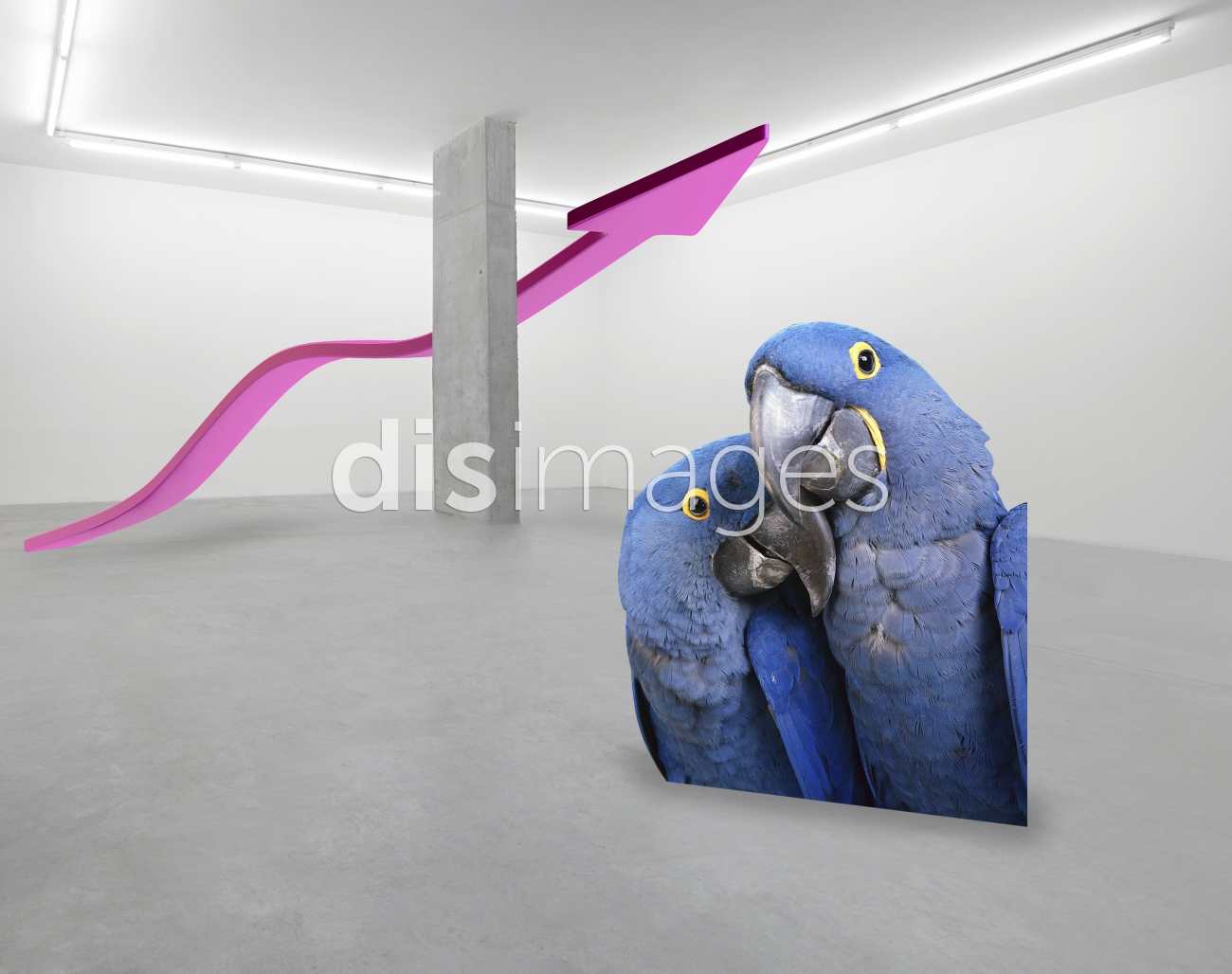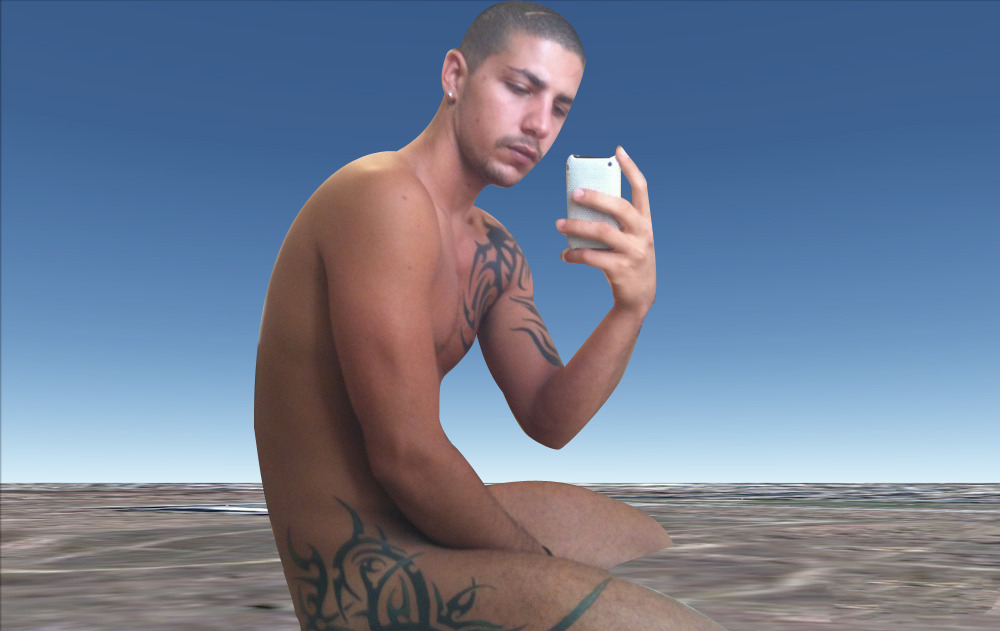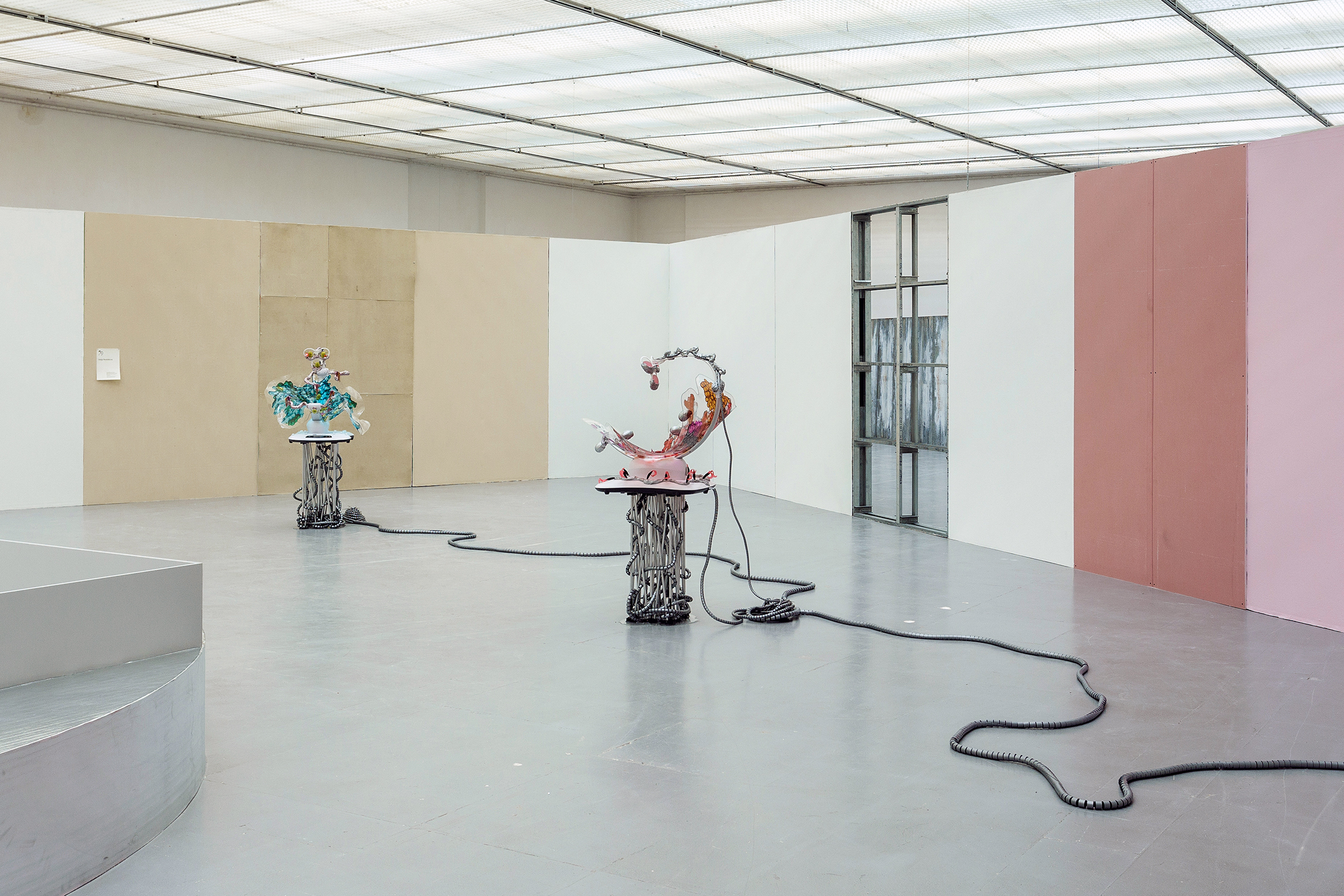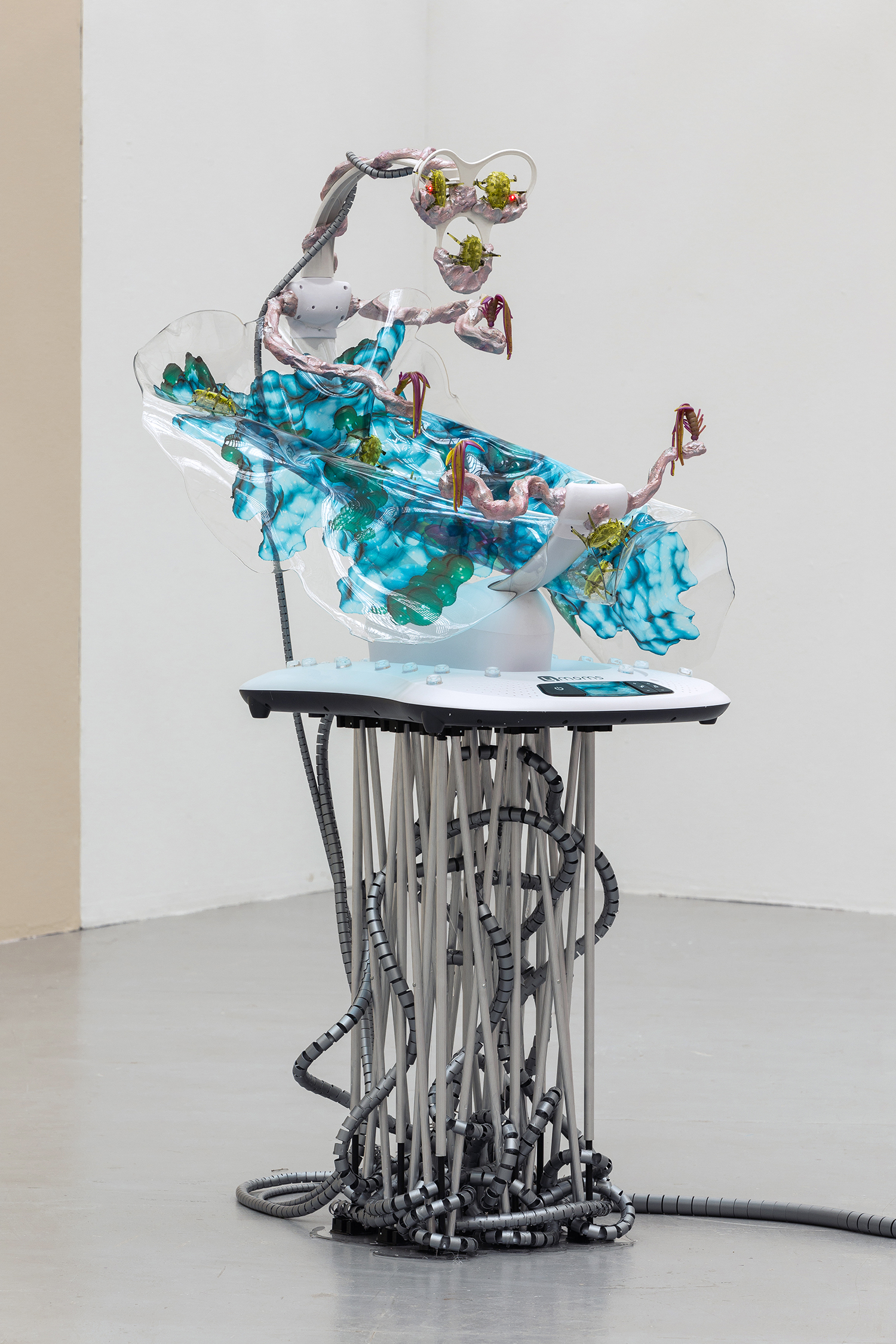
Baltic Triennial 13 : GIVE UP THE GHOST
Vilnius
Type
Katja Novitskova
Mamaroo (Violent Origins), 2018
Courtesy the artist and Kraupa Tuskany Zeidler, Berlin
Baltic Triennial 13 : GIVE UP THE GHOST
Artists: Caroline Achaintre, Evgeny Antufi ev, Korakrit Arunanondchai, Darja Bajagić, Olga Balema, Nina Beier, Huma Bhabha, Dora Budor, Miriam Cahn, Jayne Cortez, Melvin Edwards, Daiga Grantina, Max Hooper Schneider, Anna Hulačová, Pierre Huyghe, E’wao Kagoshima, Sanya Kantarovsky, Ella Kruglyanskaya, Benoît Maire, Katja Novitskova, Pakui Hardware, Anu Põder, Laure Prouvost, Ieva Rojūtė, Rachel Rose, Augustas Serapinas, Michael E. Smith, Liv Wynter, Adam Christensen, Anton Lukoszevieze, Ieva Rojūtė, Žygimantas Kudirka
Artistic Director: Vincent Honoré
Curatorial Team: Dina Akhmadeeva, Canan Batur, Neringa Bumbliene, Cédric Fauq, Anya Harrison
Venue: Contemporary Art Centre (CAC), Vilnius, Lithuania
Organisers:
Contemporary Art Centre (CAC), Vilnius, Lithuania
Centre for Contemporary Art Estonia (CCAE), Tallinn, Estonia
Kim? Contemporary Art Centre, Riga, Latvia
BT13 – GIVE UP THE GHOST has launched its first chapter at Contemporary Art Centre (CAC), Vilnius on Friday, 11 May 2018 with an evening of performances followed by a public programme on Saturday, 12 May.
BT13 in Vilnius includes works by Caroline Achaintre, Evgeny Antufi ev, Korakrit Arunanondchai, Darja Bajagić, Olga Balema, Nina Beier, Huma Bhabha, Dora Budor, Miriam Cahn, Jayne Cortez, Melvin Edwards, Daiga Grantina, Max Hooper Schneider, Anna Hulačová, Pierre Huyghe, E’wao Kagoshima, Sanya Kantarovsky, Ella Kruglyanskaya, Benoît Maire, Katja Novitskova, Pakui Hardware, Anu Põder, Laure Prouvost, Ieva Rojūtė, Rachel Rose, Augustas Serapinas and Michael E. Smith alongside a public programme of performances by Liv Wynter, Adam Christensen, Anton Lukoszevieze, Ieva Rojūtė and Žygimantas Kudirka celebrating the Triennial.
The Baltic Triennial has historically taken place at the CAC Vilnius only. For its 13th edition, it will – for the first time – be organised by and take place in Lithuania, Estonia (opening on June 29th) and Latvia (opening on September 21st), taking the form of three distinct chapters.
Baltic Triennial 13 is informed by a shared concern: what does it mean to belong at a time of fractured iden-tities? BT13 – GIVE UP THE GHOST unfolds through and with this very question, careful not to offer a single or illustrative response. Instead, it opts for a collective vision of what is at stake: independence and depen-dency—and everything that lies in between—to territories, cultures, classes, histories, bodies and forms. The fluctuating notion of belonging, which can be understood to exist within the conceptual and formal framework of a relationship, allows us to think beyond identity as something fi xed, self-contained and essentialised.
The exhibition in Vilnius, set within an ambitious architectural intervention designed by architect Diogo Passarinho, and which considerably changes the institution by opening it up and reconfiguring the entire space, tackles the concept of belonging by bringing together unstable territories and bodies. A large num-ber of works have been commissioned especially for the exhibition: Anna Hulačová creates a monument in the form of a fountain; Dora Budor takes over the space surrounding the terrace and turns it into a futuristic desolate landscape inhabited by animatronic birds; Augustas Serapinas has worked with a local community to address the heritage of the nuclear industry; Sanya Kantarovsky premieres a group of new, unique mono-types; Daiga Grantina has created a large group of sculptures; Melvin Edwards revisits one of their iconic barbed wire pieces from the 1970s; Laure Prouvost creates an immersive installation in the form of a land-scape; Pakui Hardware produce new works addressing technology and human perception; Ieva Rojūtė installs two new murals; Michael E. Smith infiltrates the space with sculptures and videos; Caroline Achaintre produces large-scale new sculptures, and Katja Novitskova continues her exploration of the human condition in an age of accelerating technological advancement through a new set of assemblages.
These commissions are accompanied by loans, shown for the first time in Vilnius, of important works by: Darja Bajagić, Nina Beier, Huma Bhabha, Miriam Cahn, Jayne Cortez, Melvin Edwards, Pierre Huyghe, E’wao Kagoshima, Ella Kruglyanskaya, Max Hooper Schneider, Anu Põder and Rachel Rose. Drawings, paintings, in-stallations, videos, music, texts, performances form a polyphony addressing the multiple artistic strategies of our time.
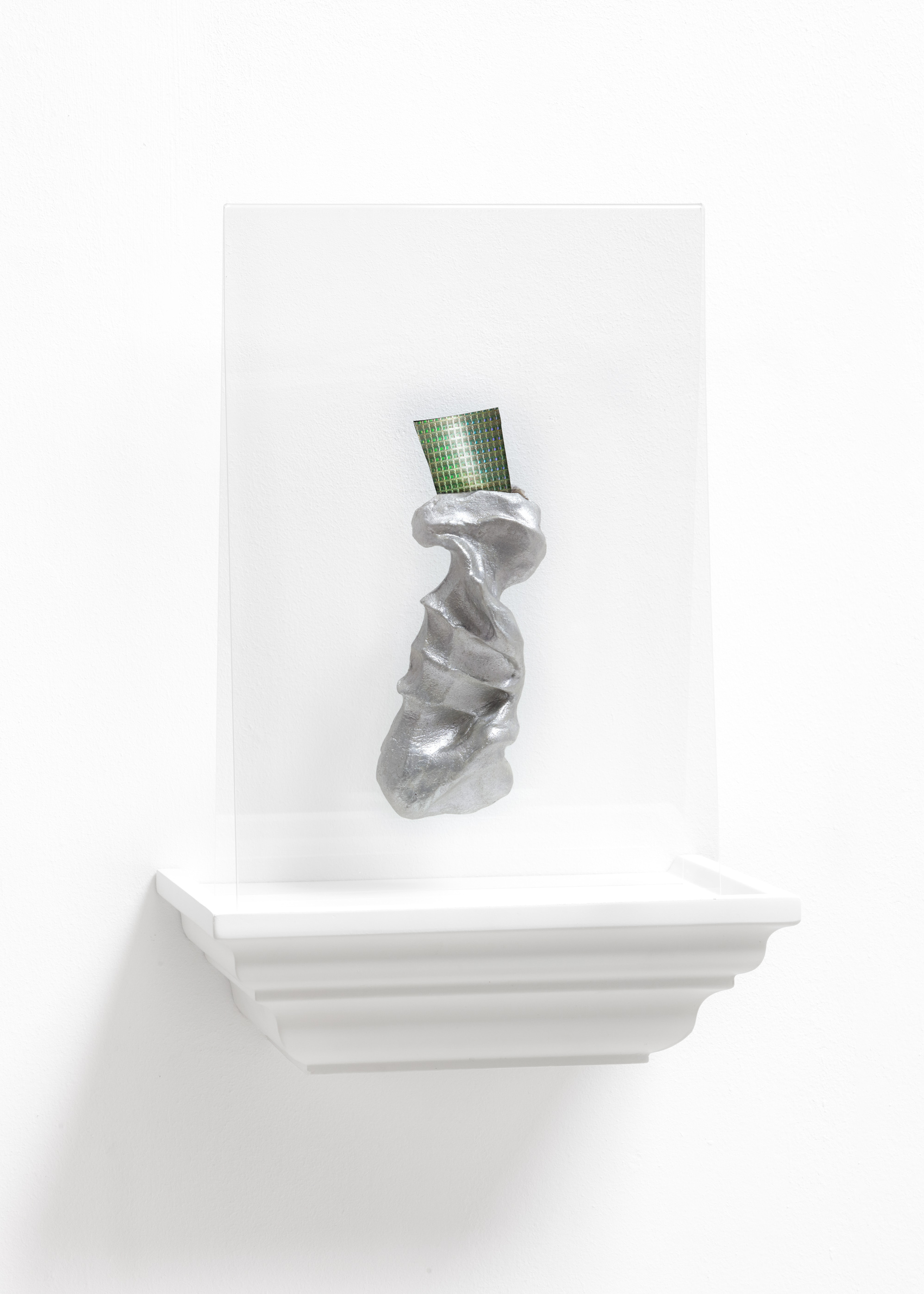
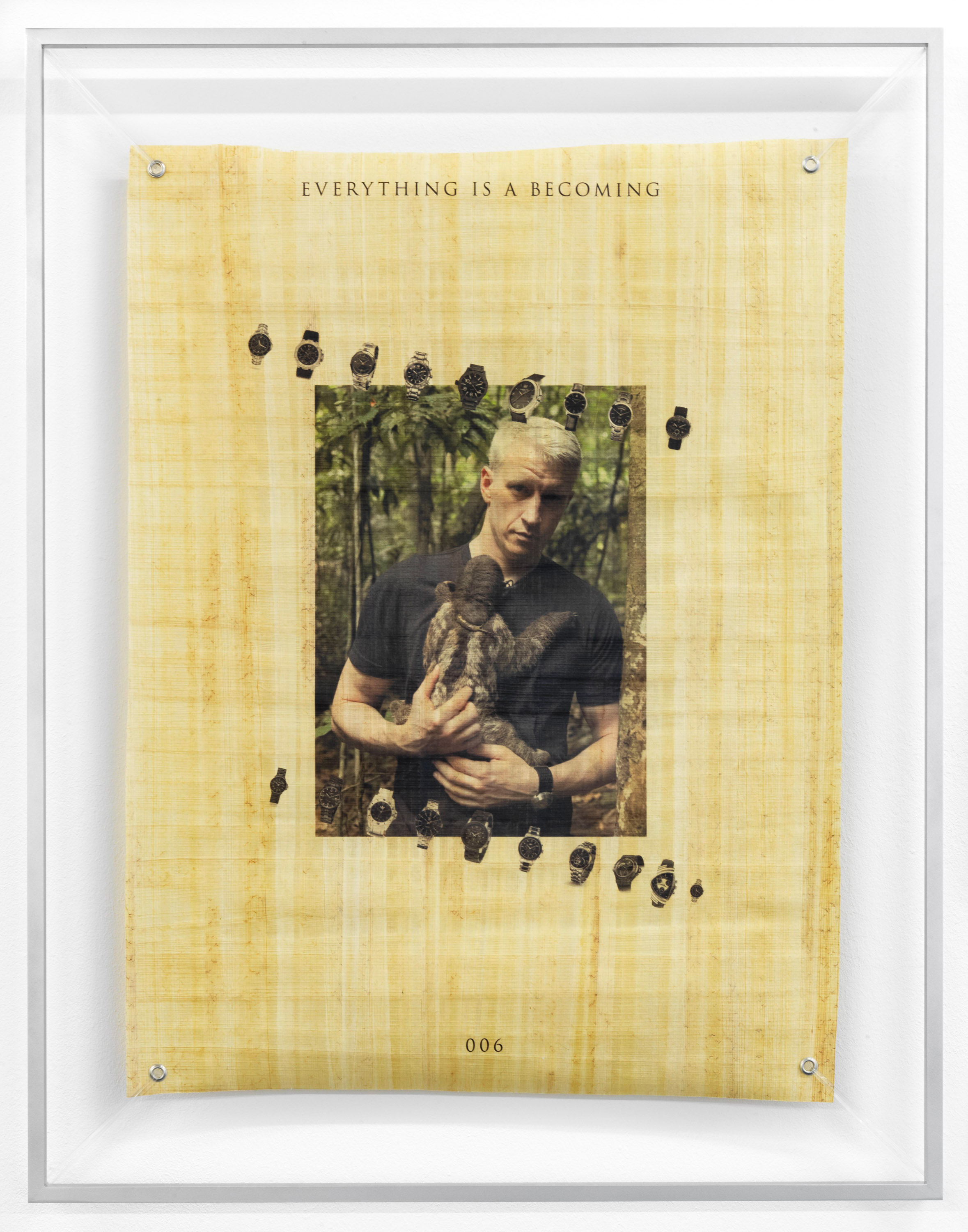
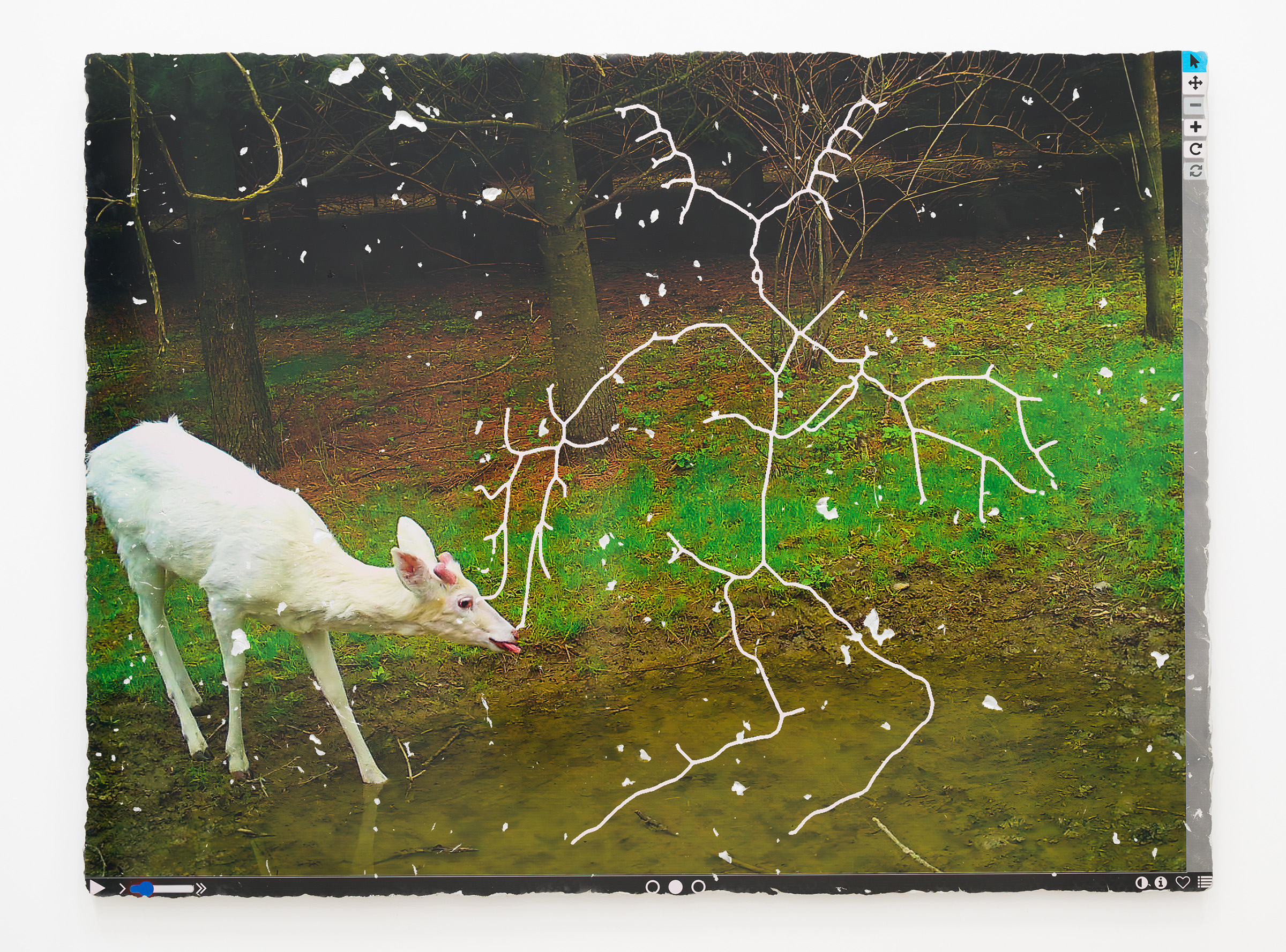

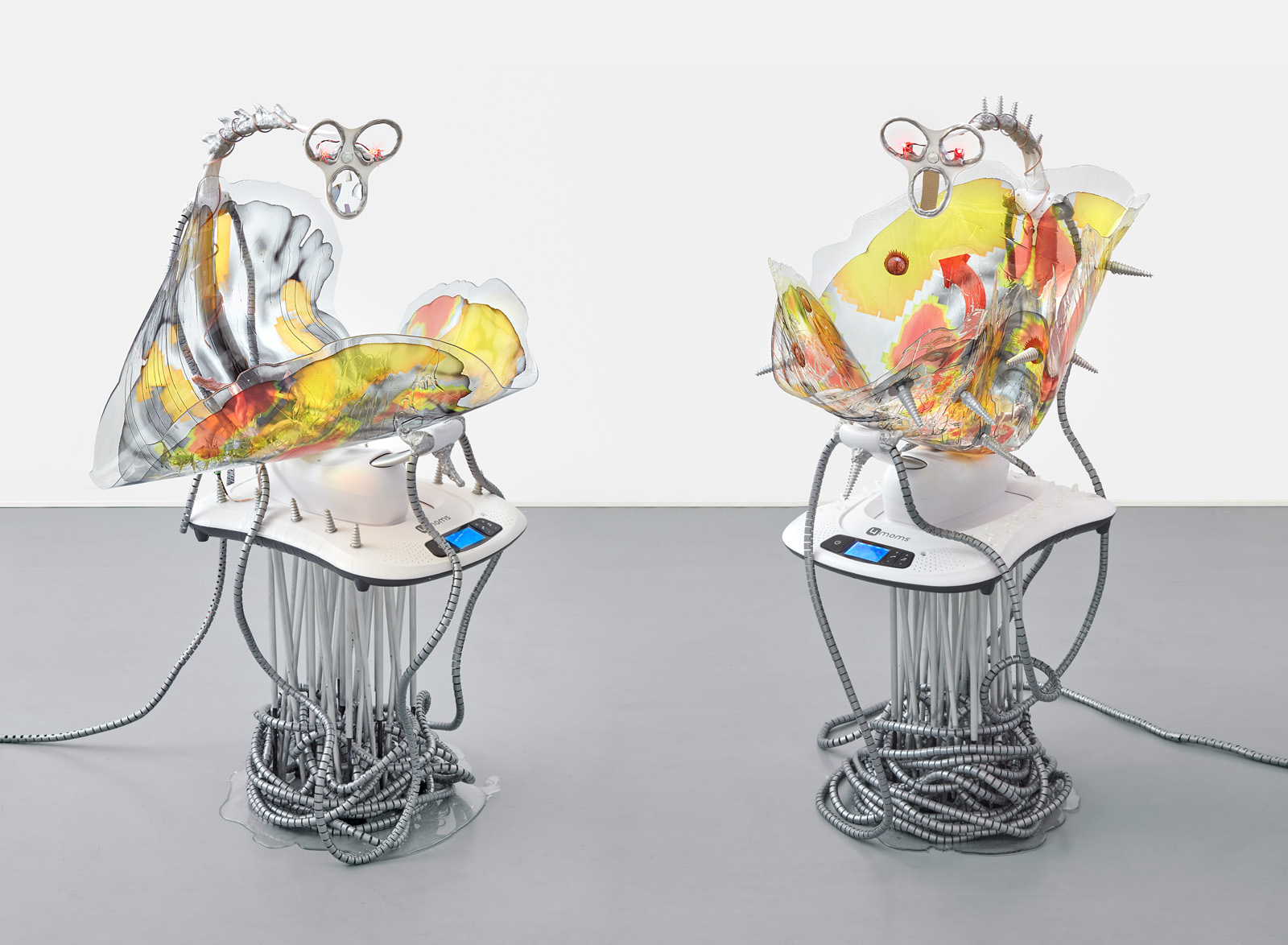
%20detail%204.jpg)

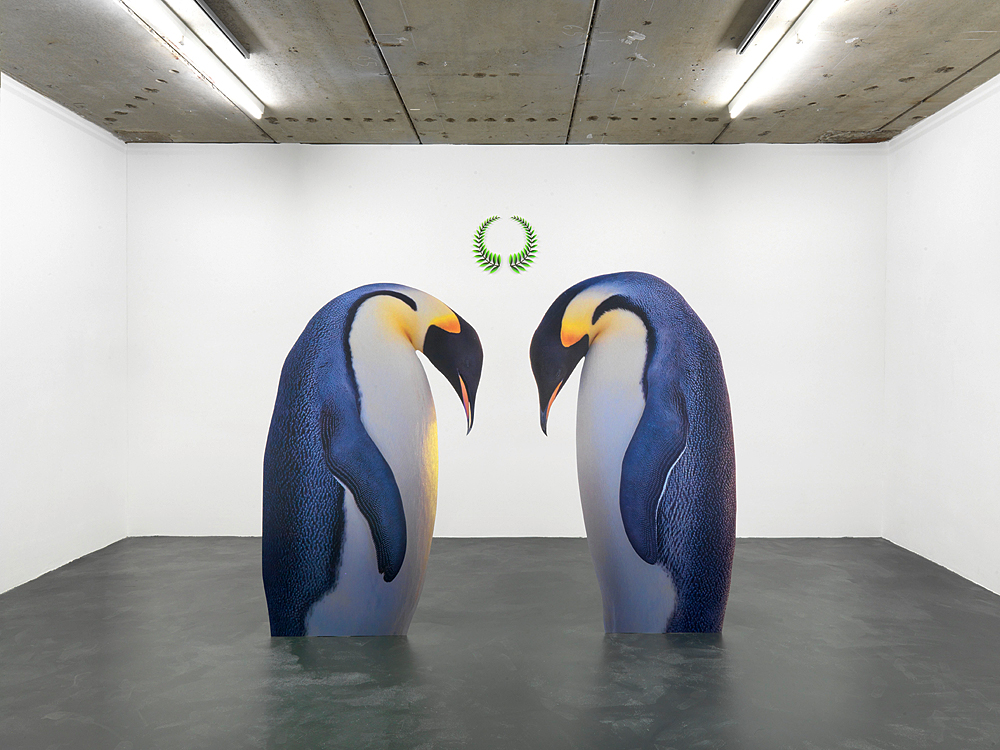

-web.jpg)



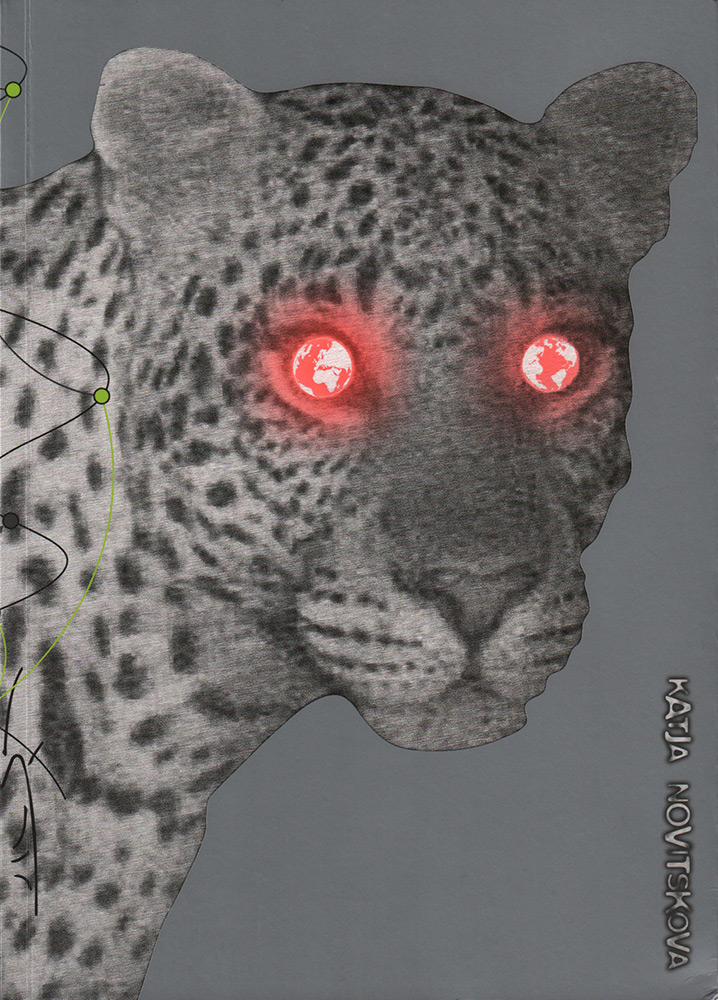
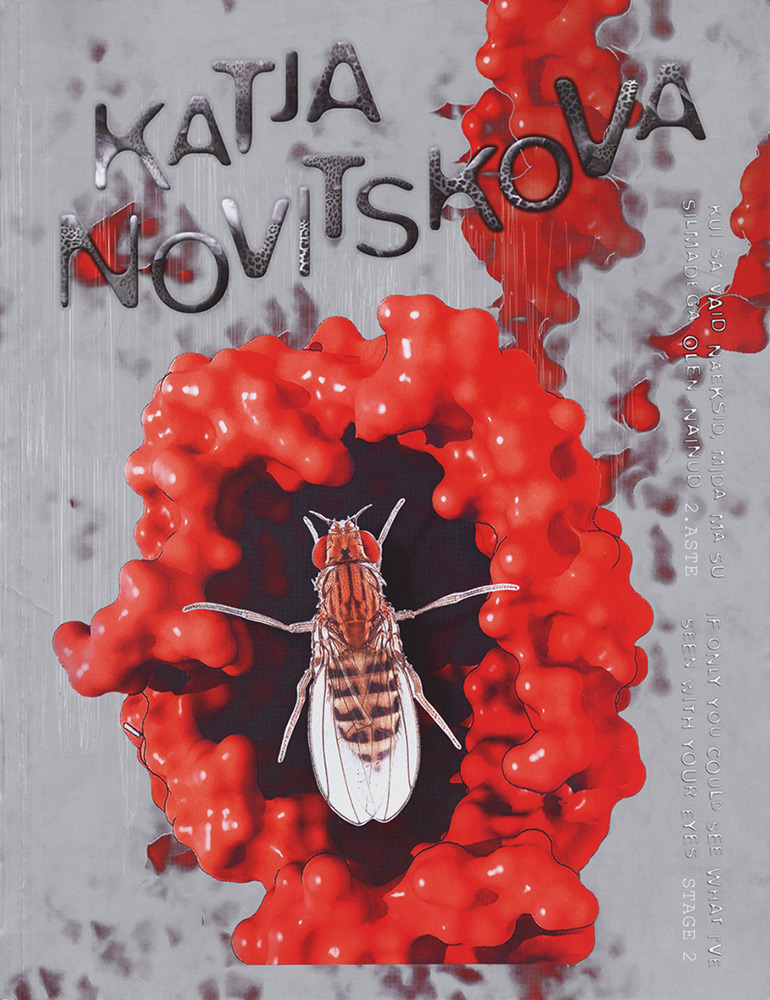
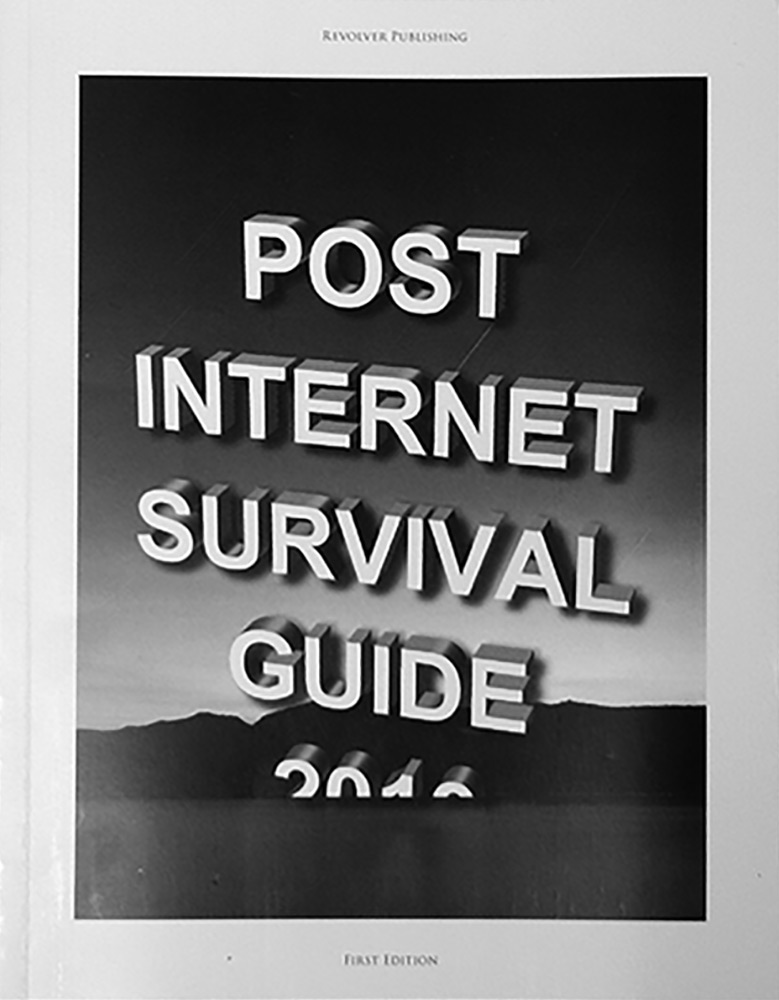
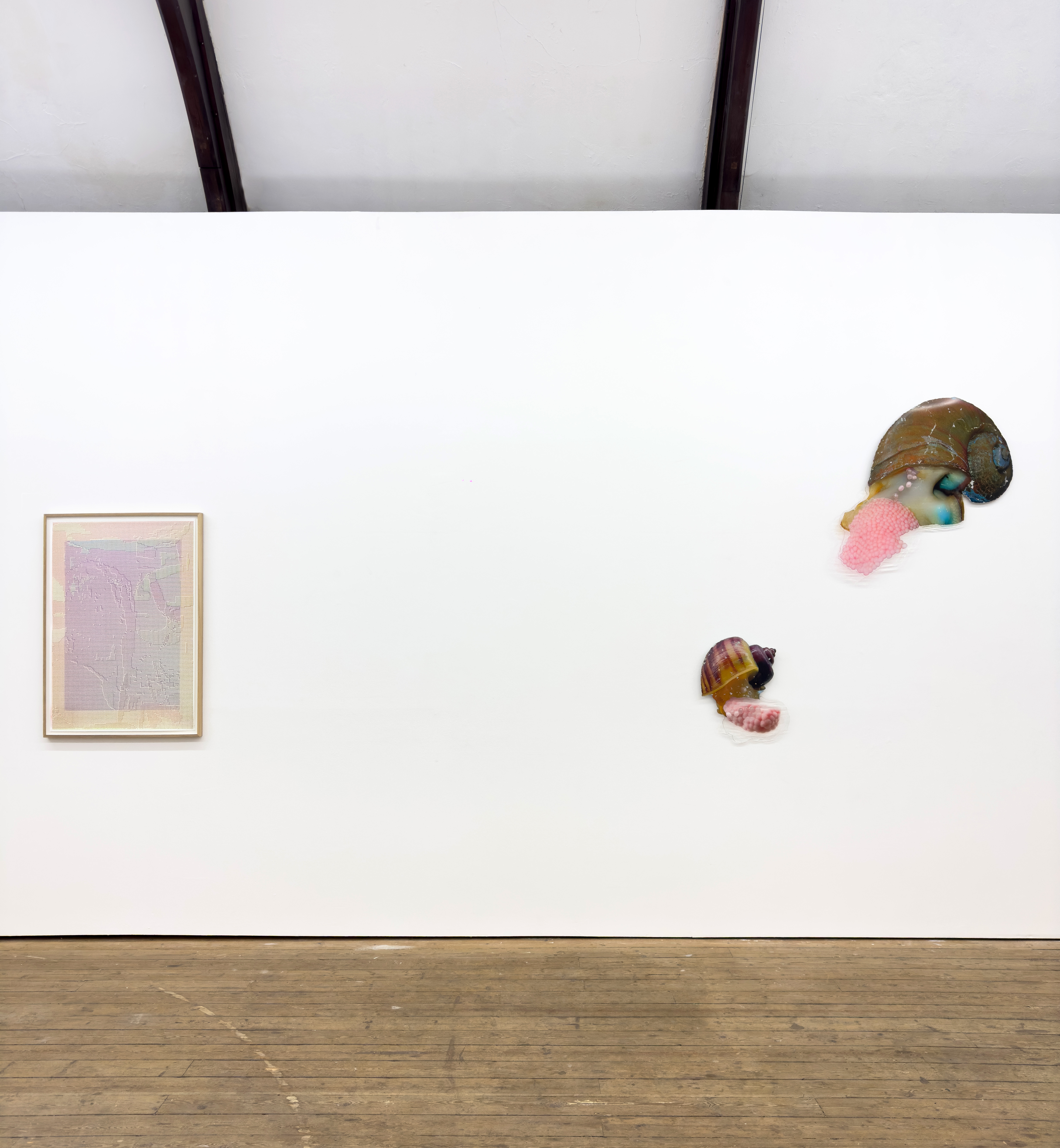
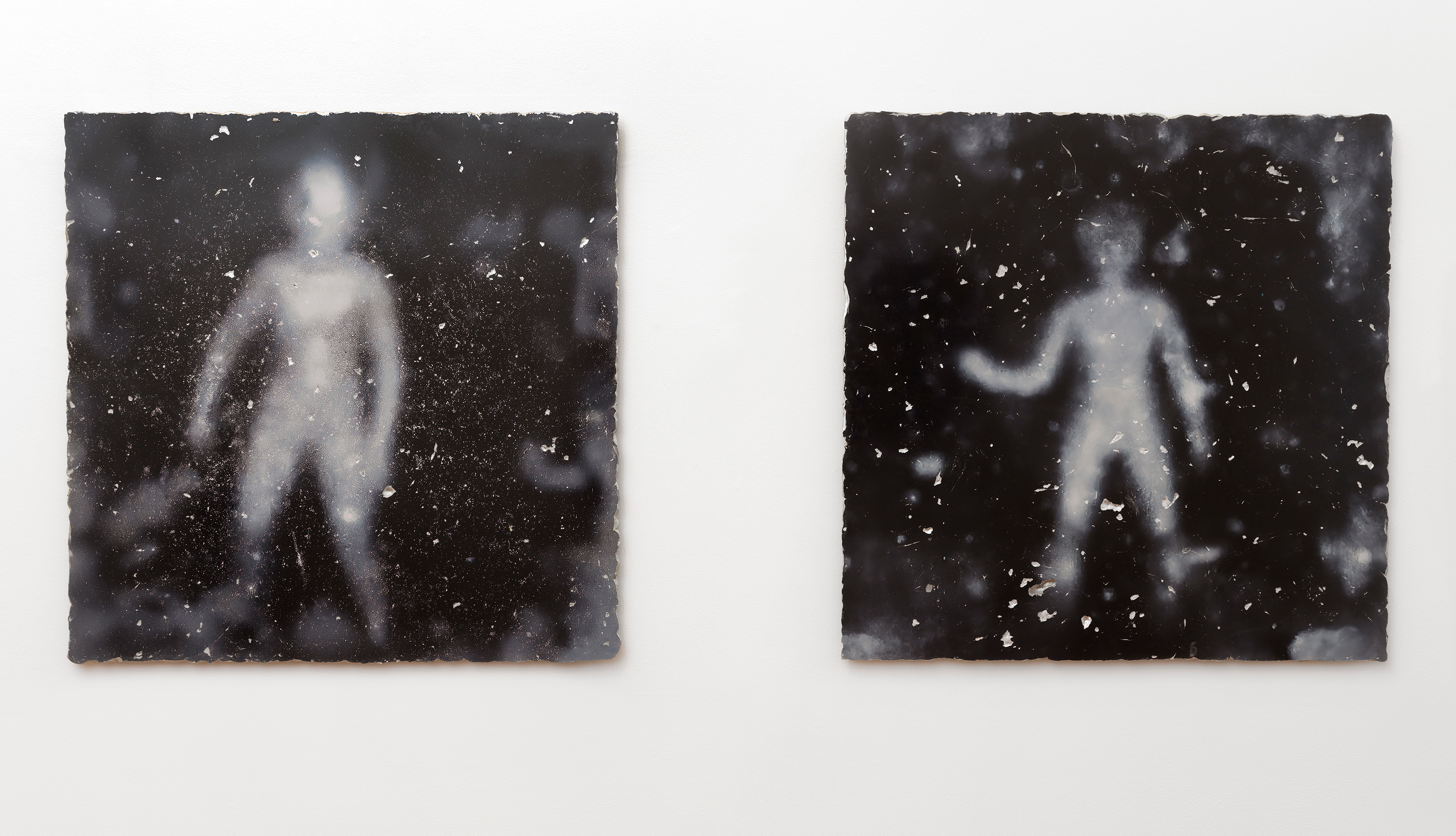

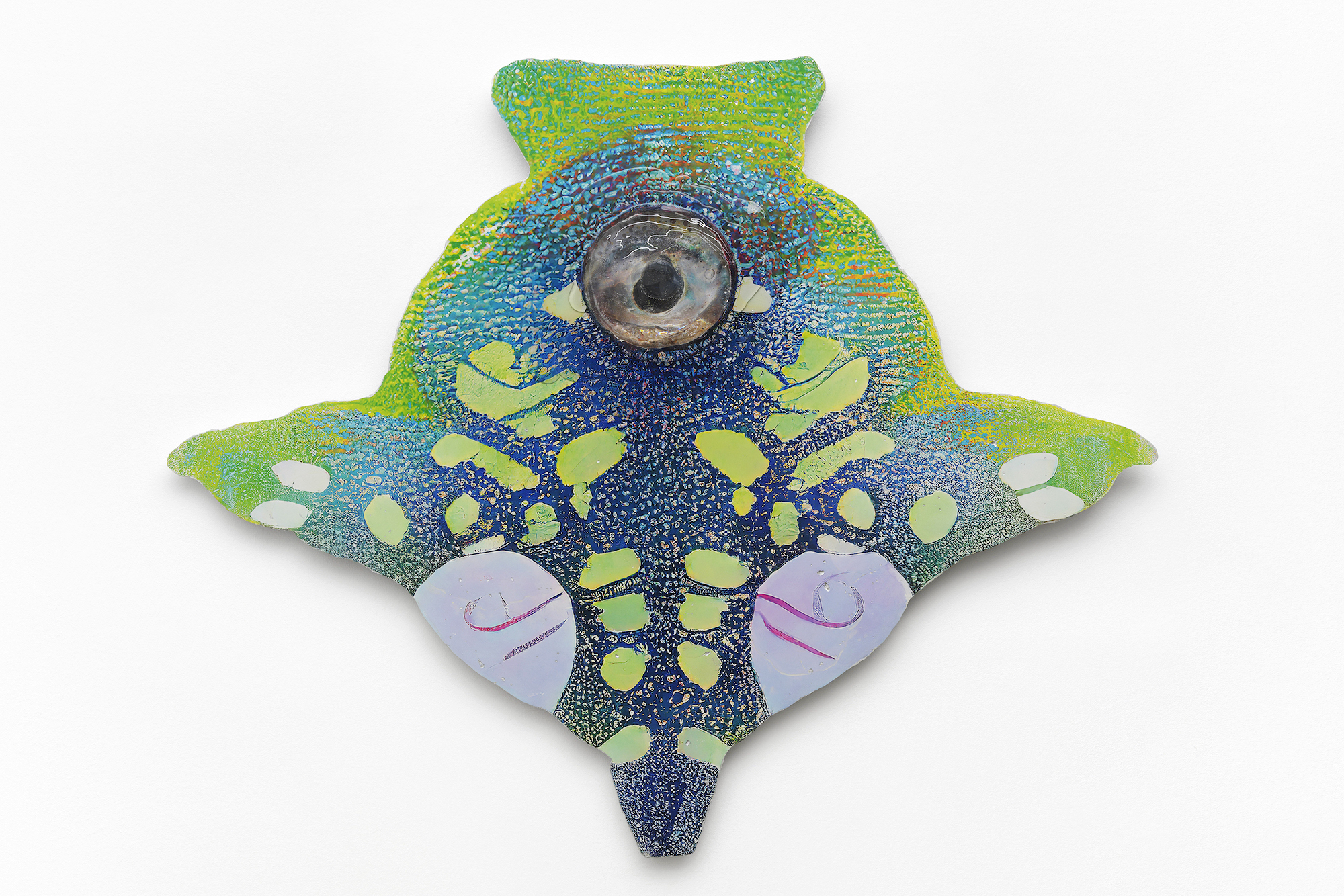
-web.jpg)


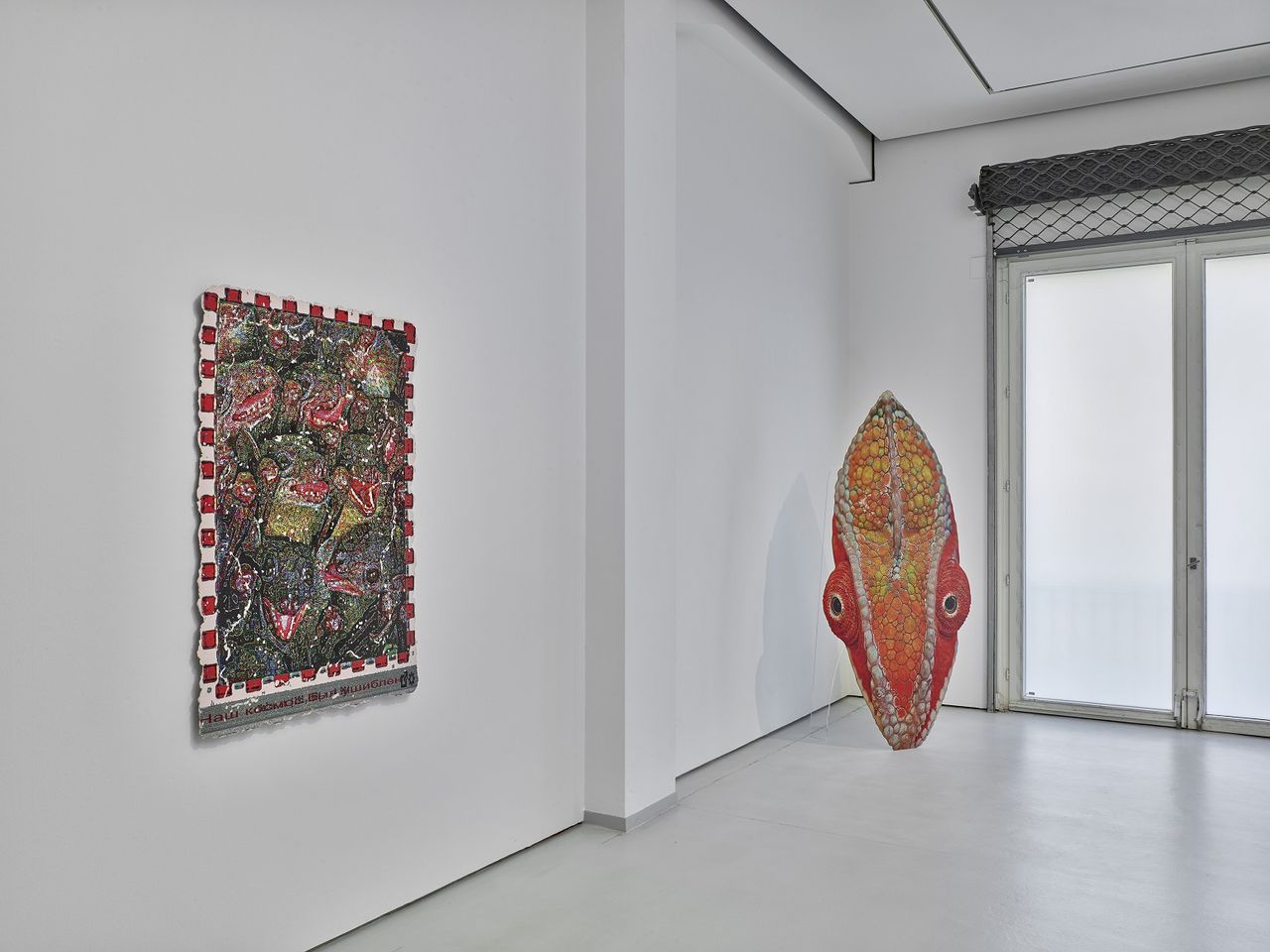
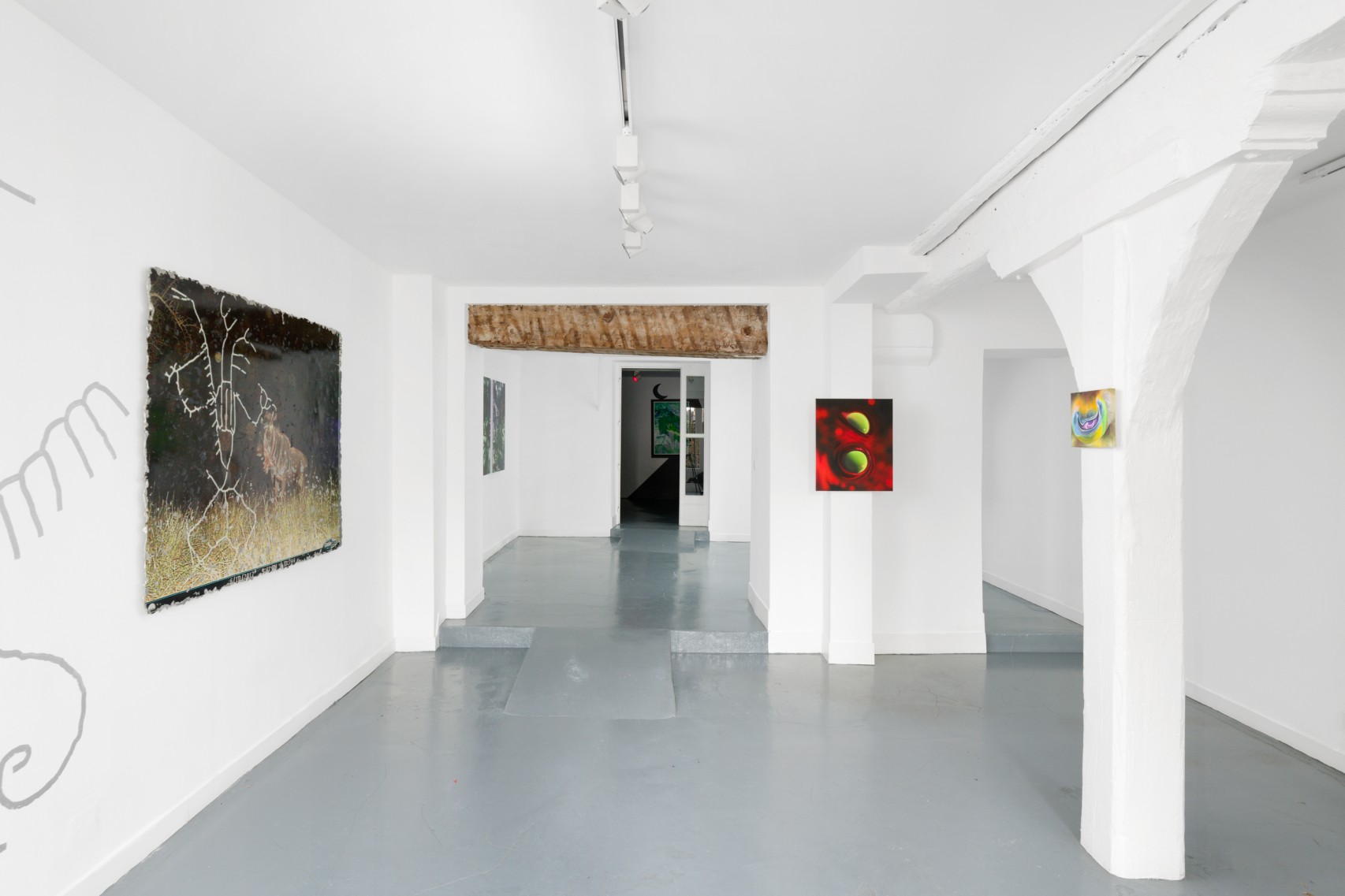


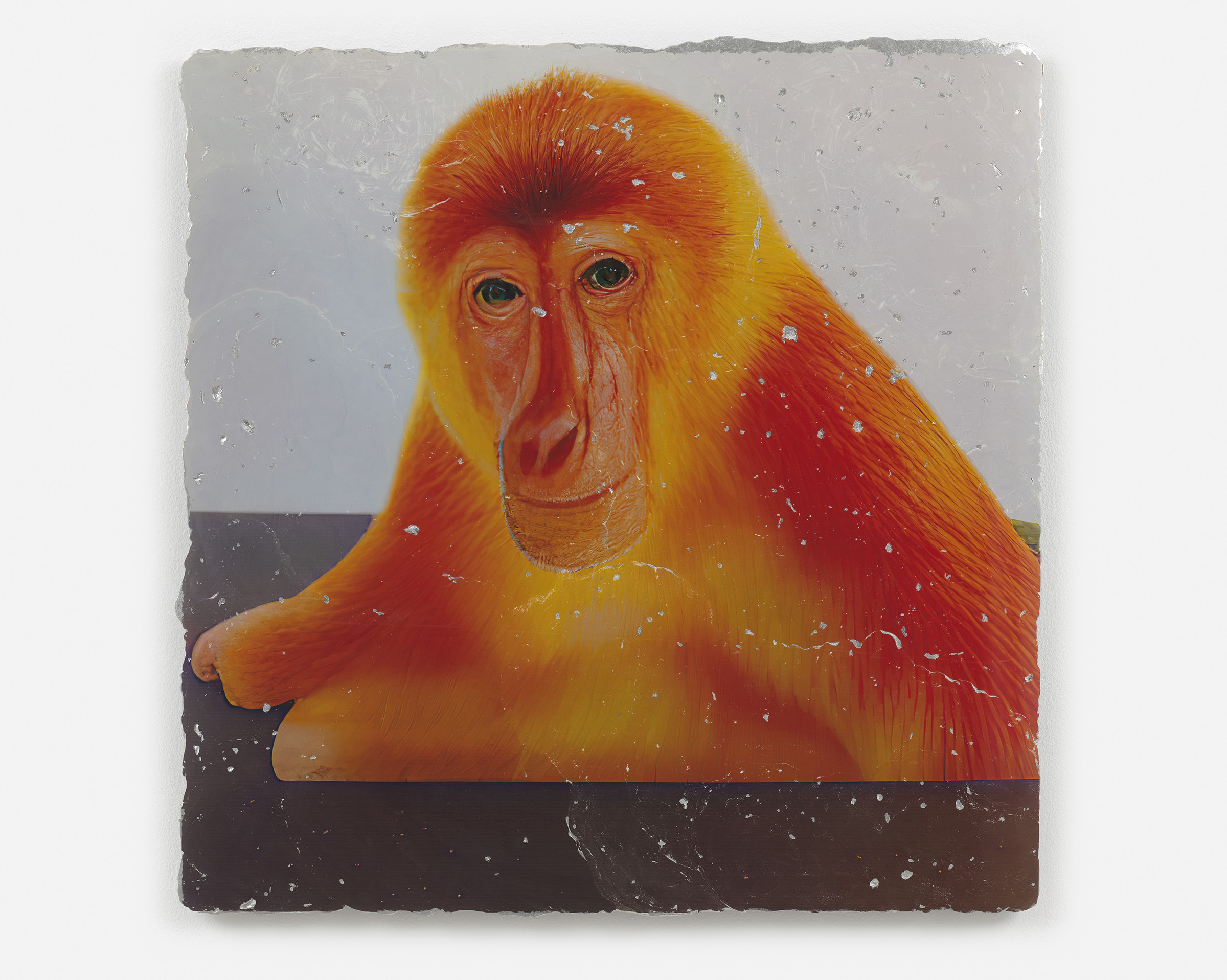
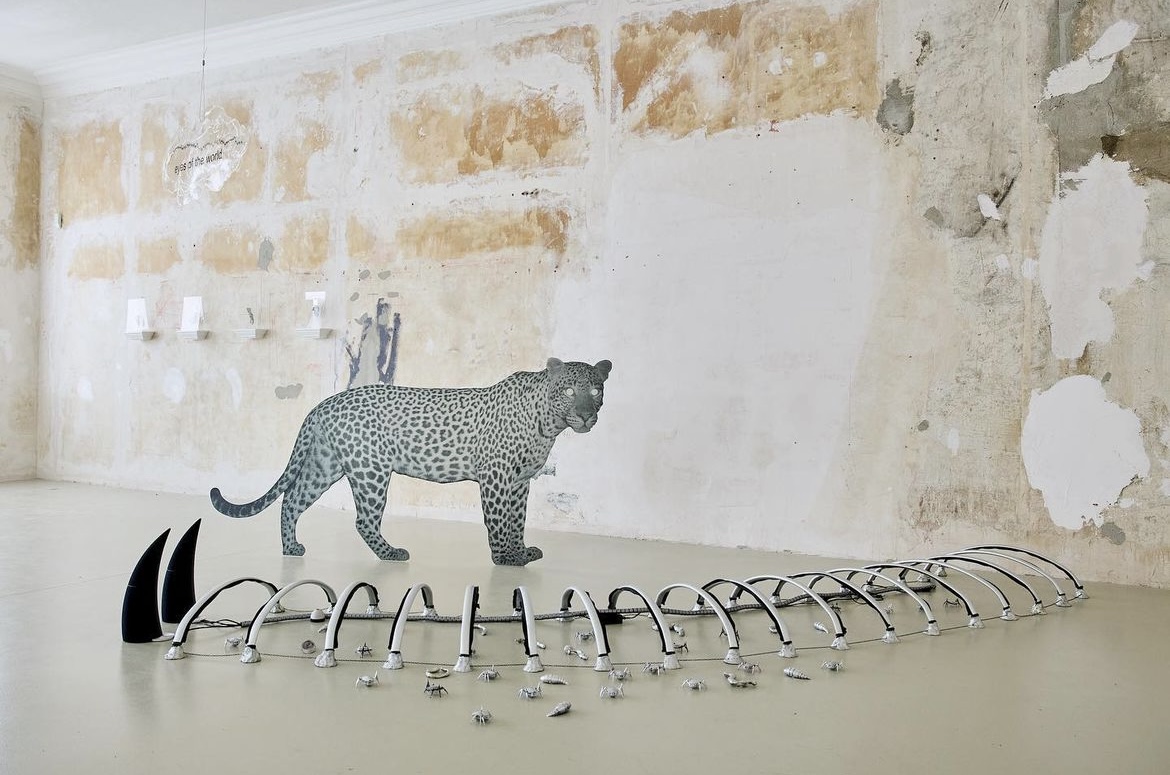
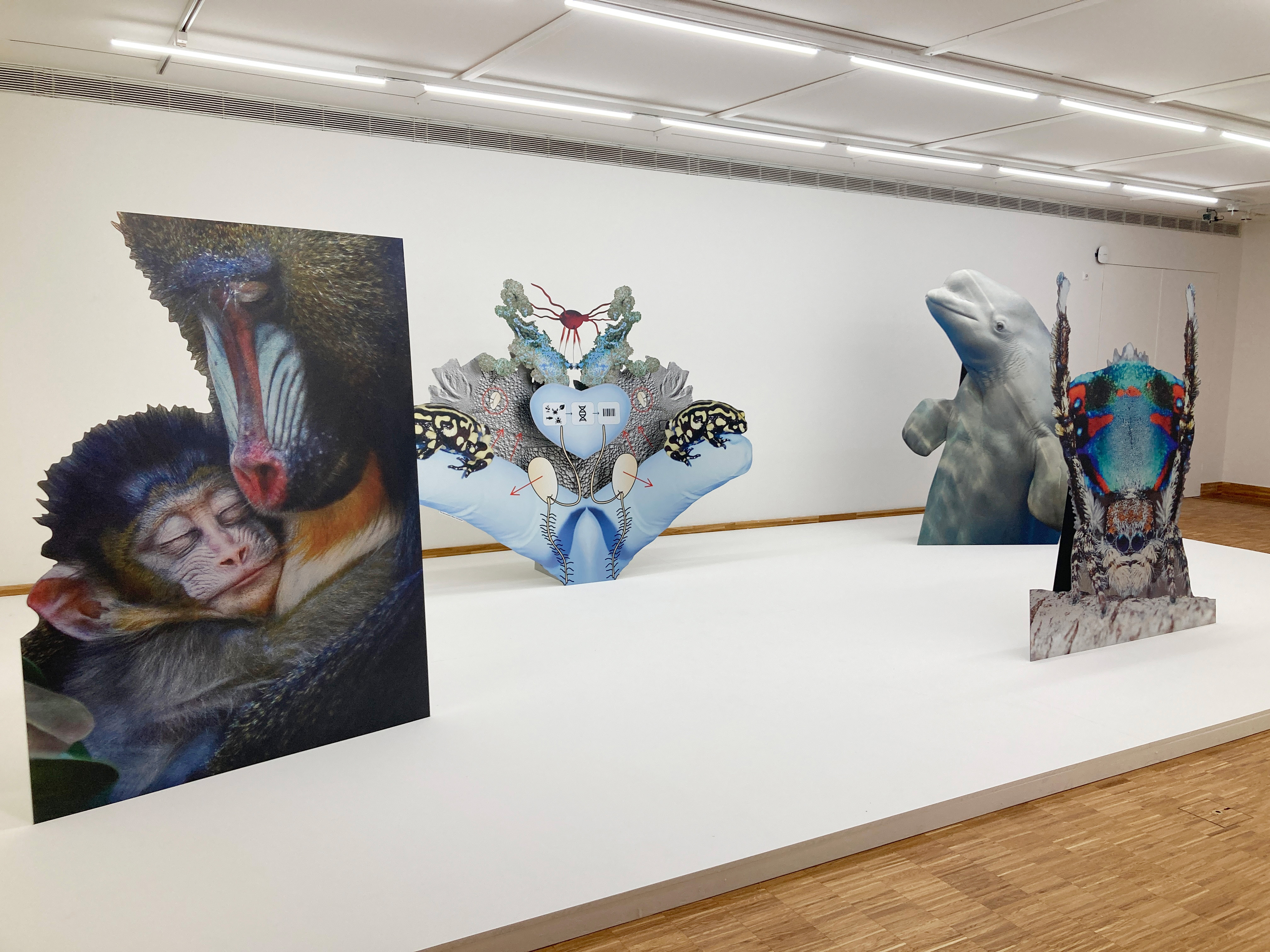
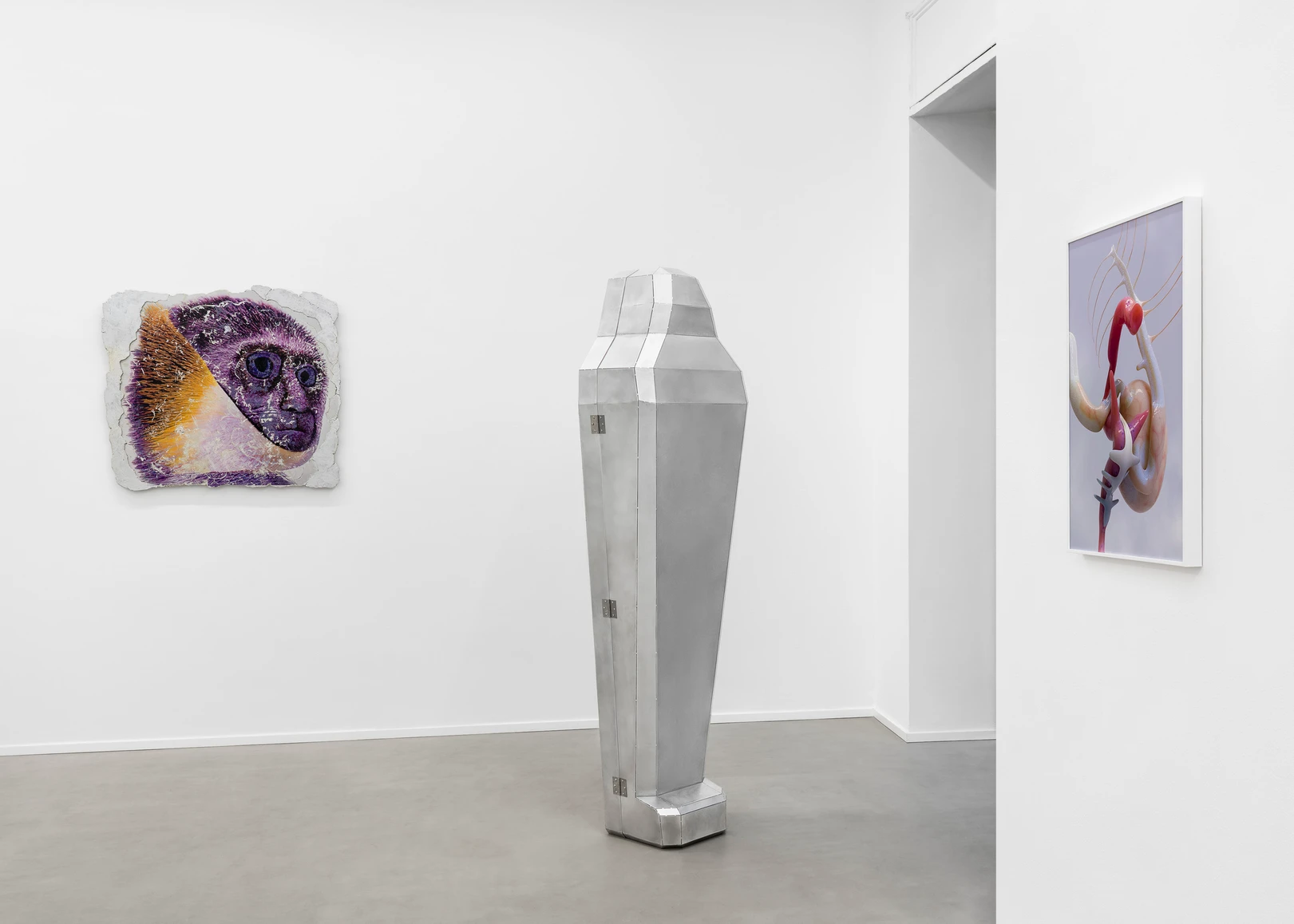

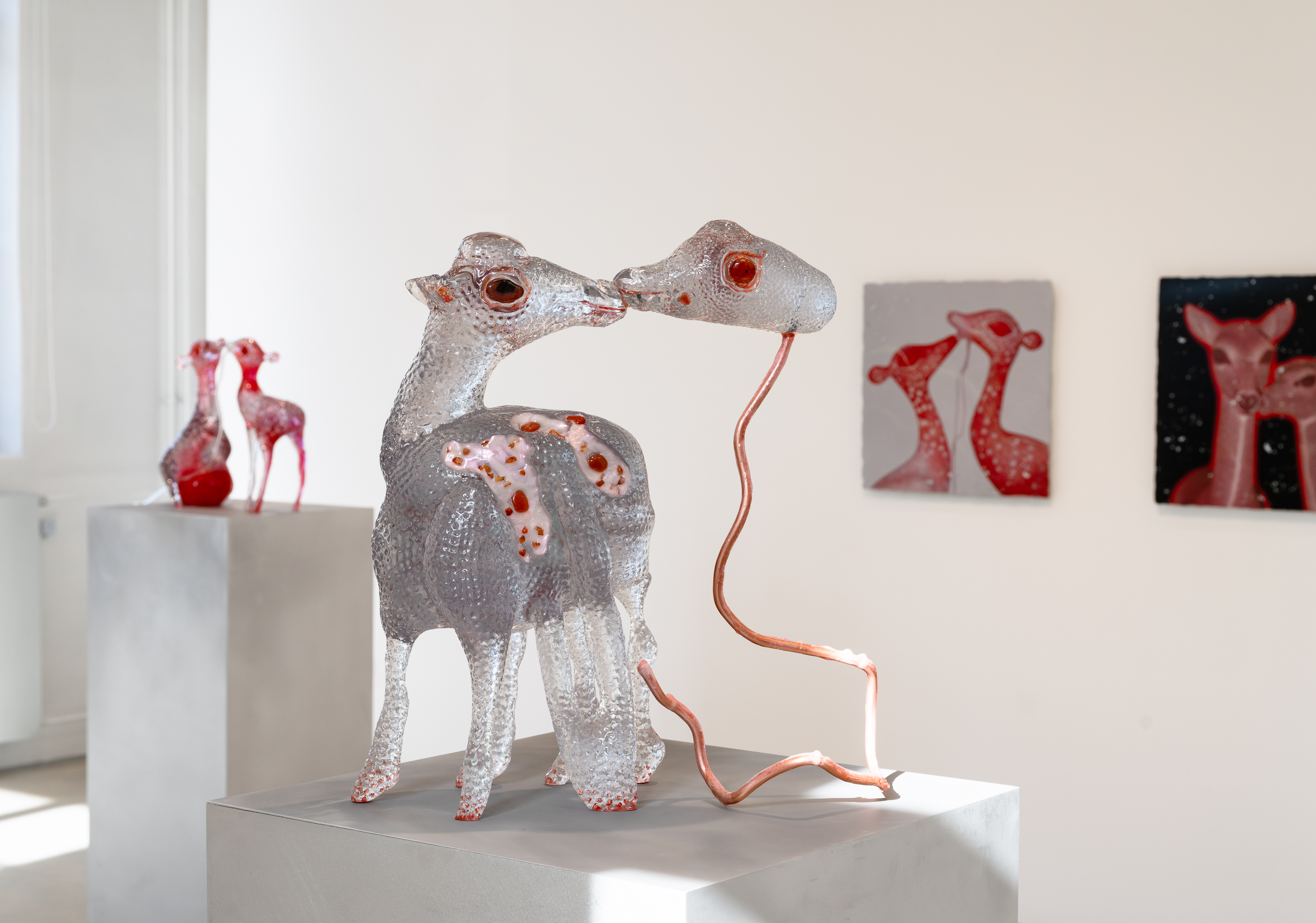






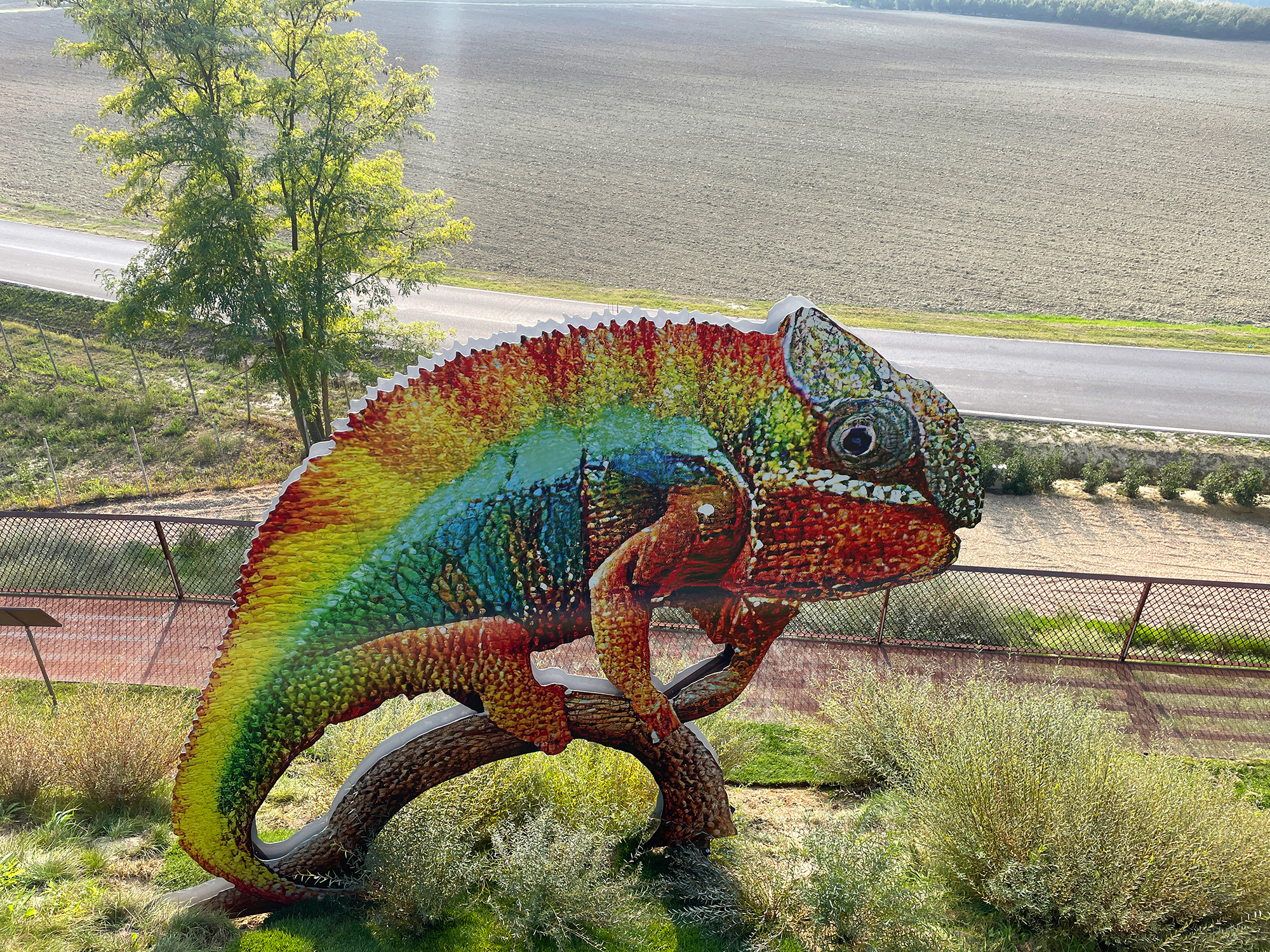
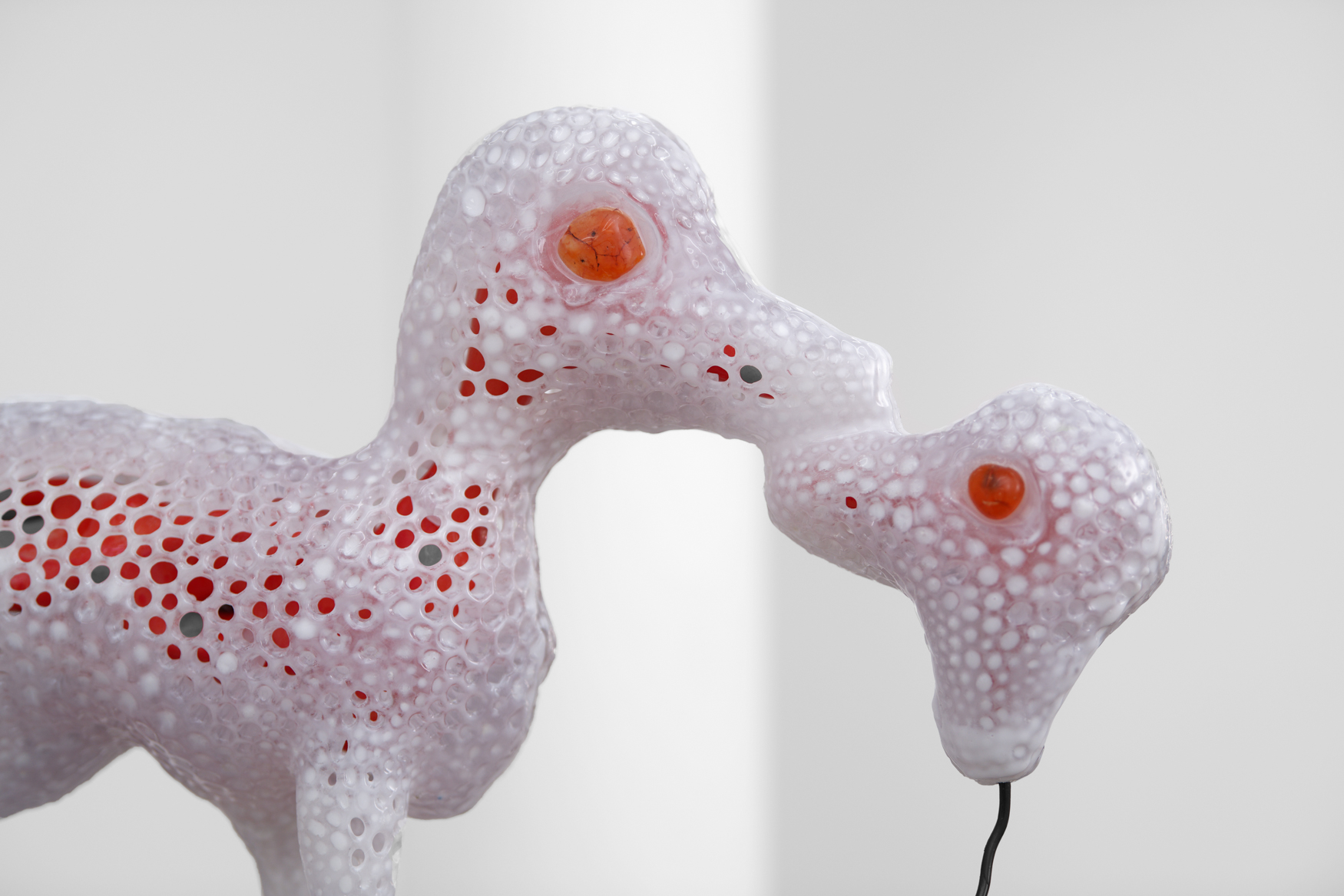


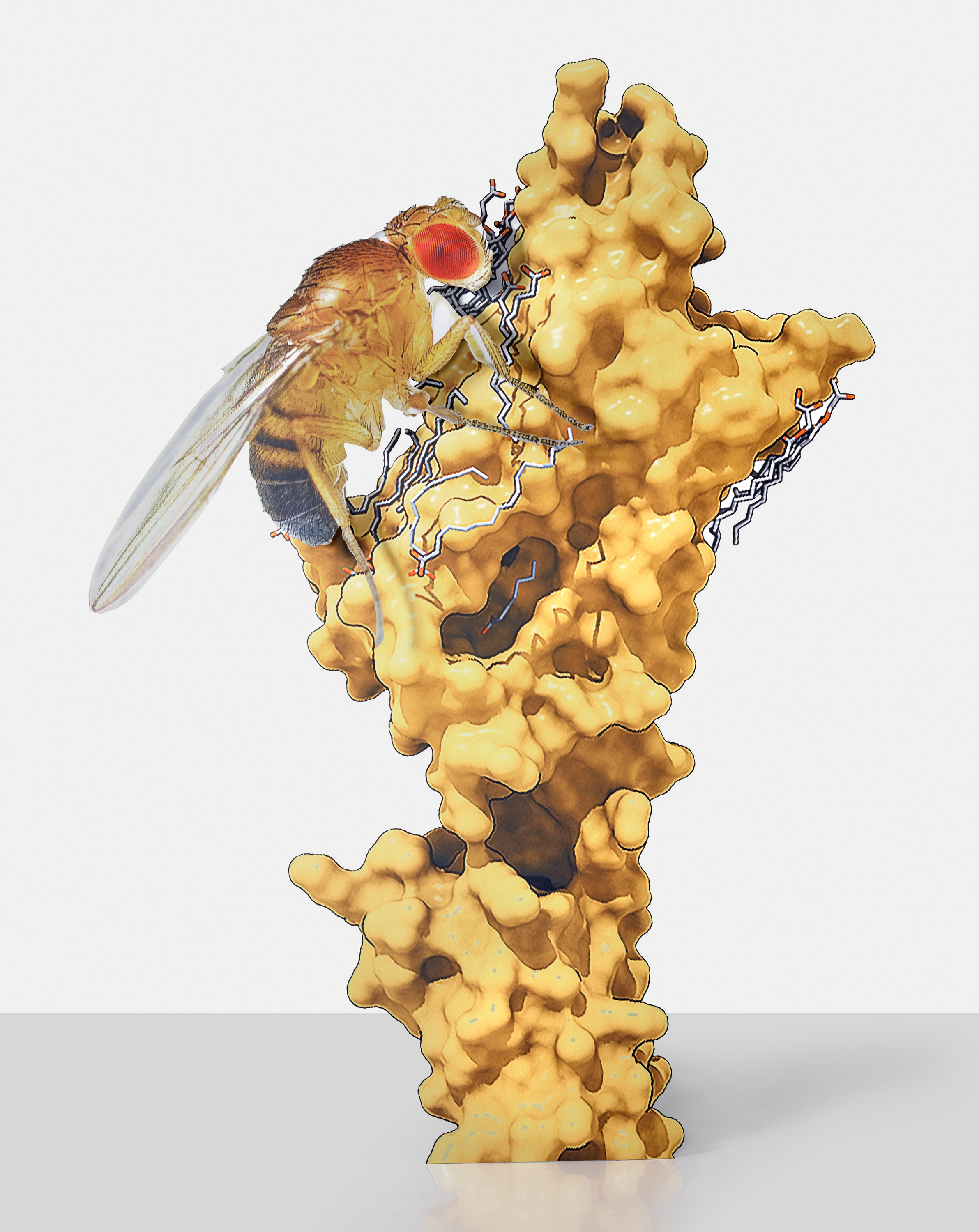

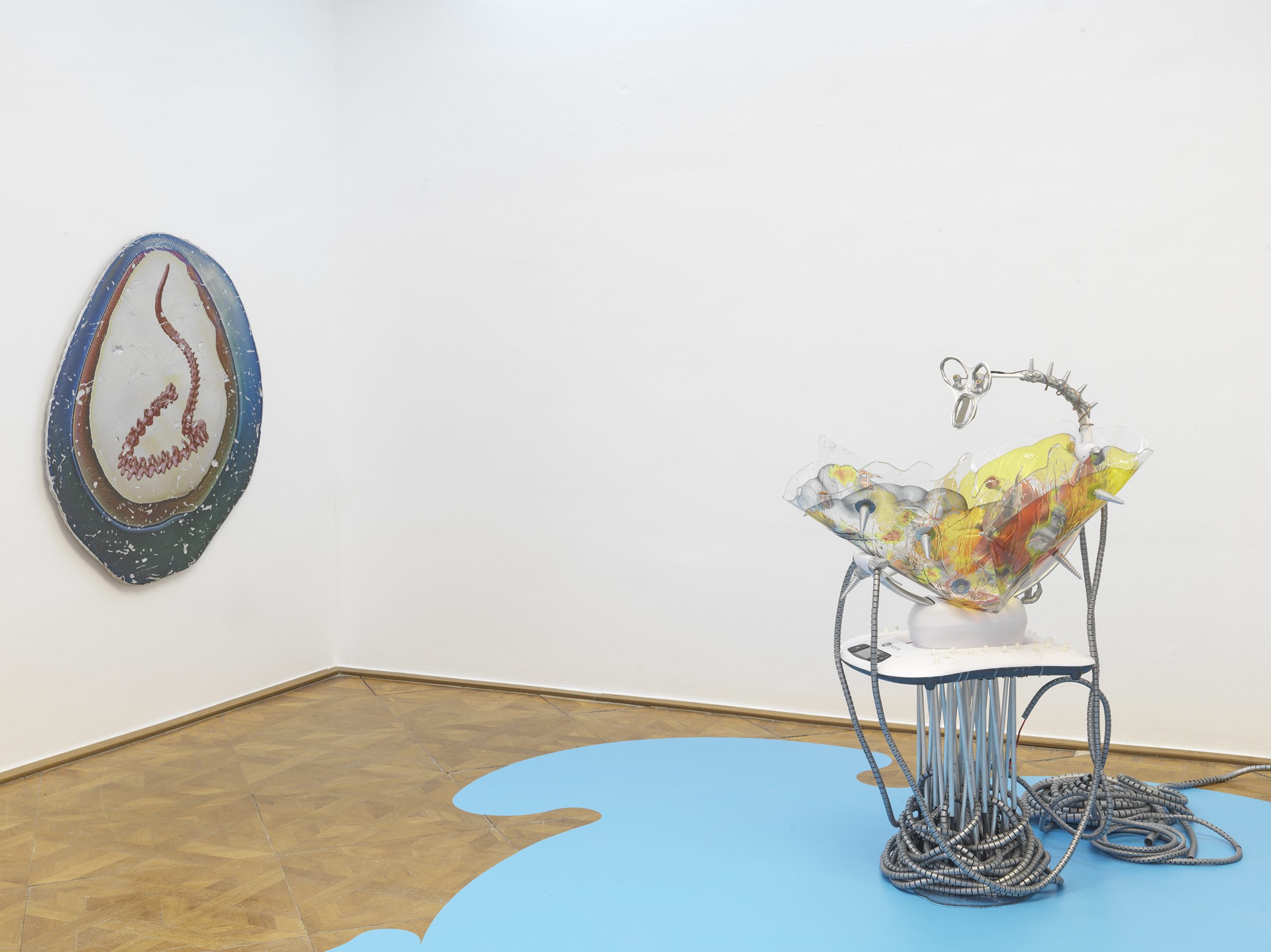


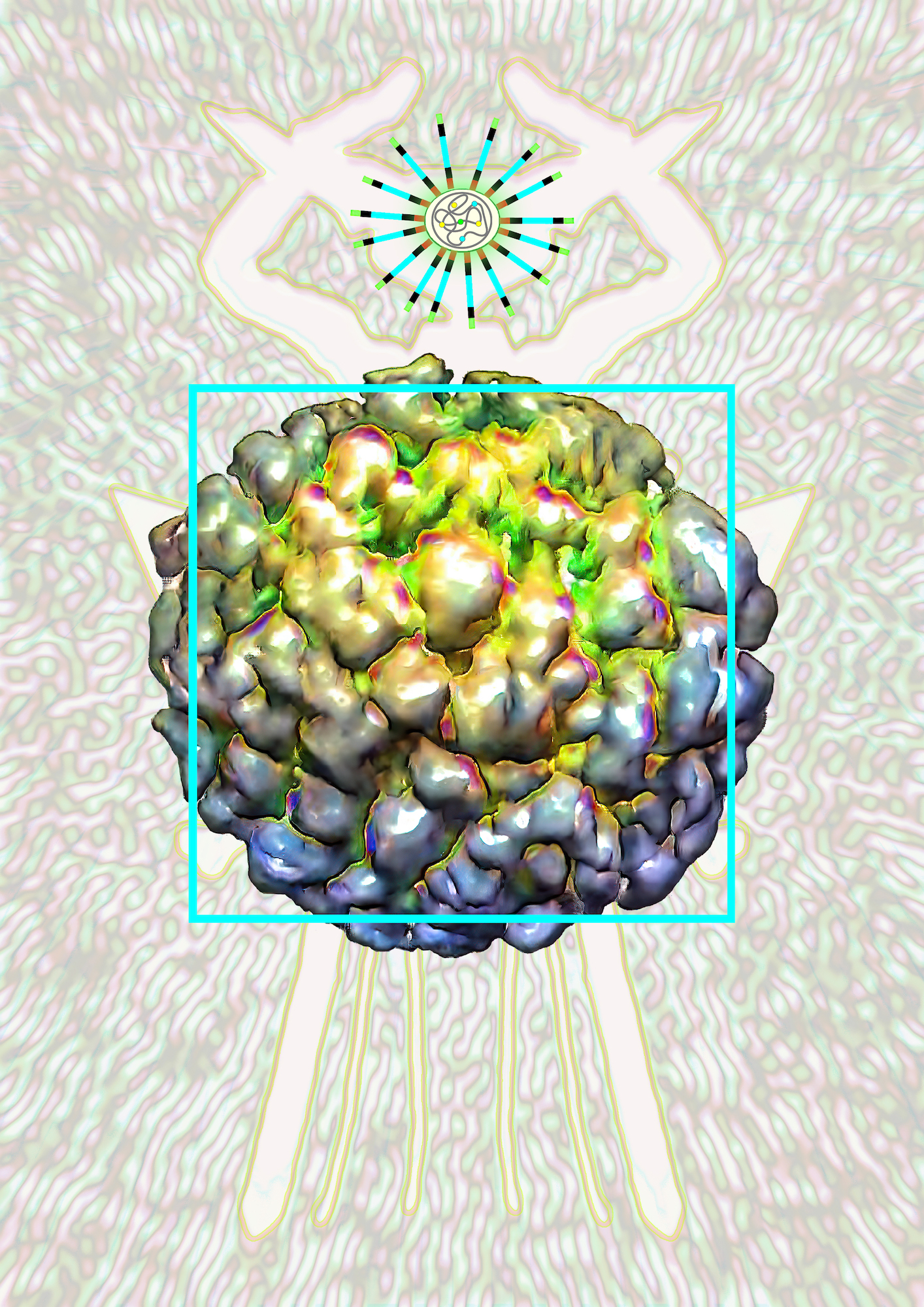
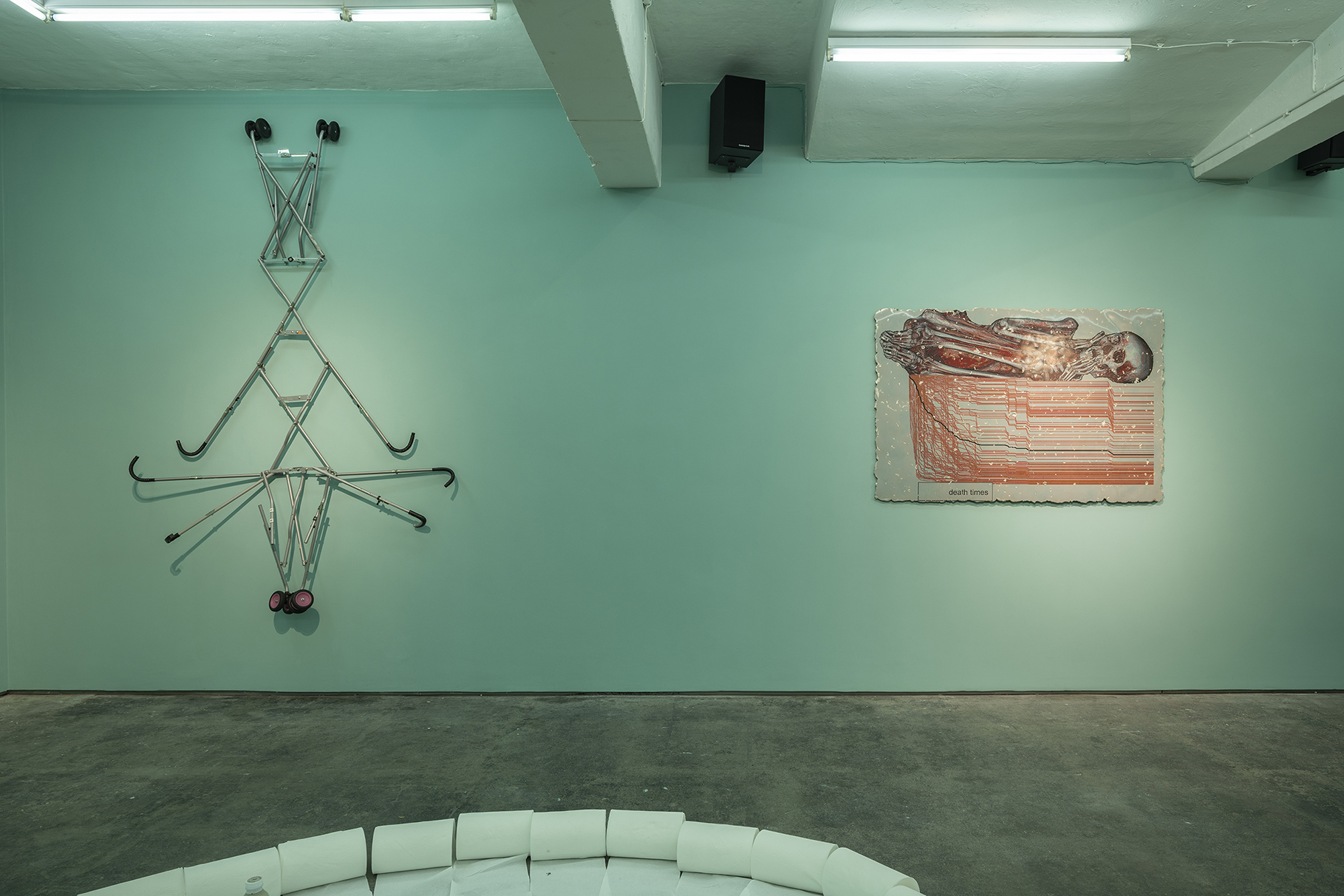



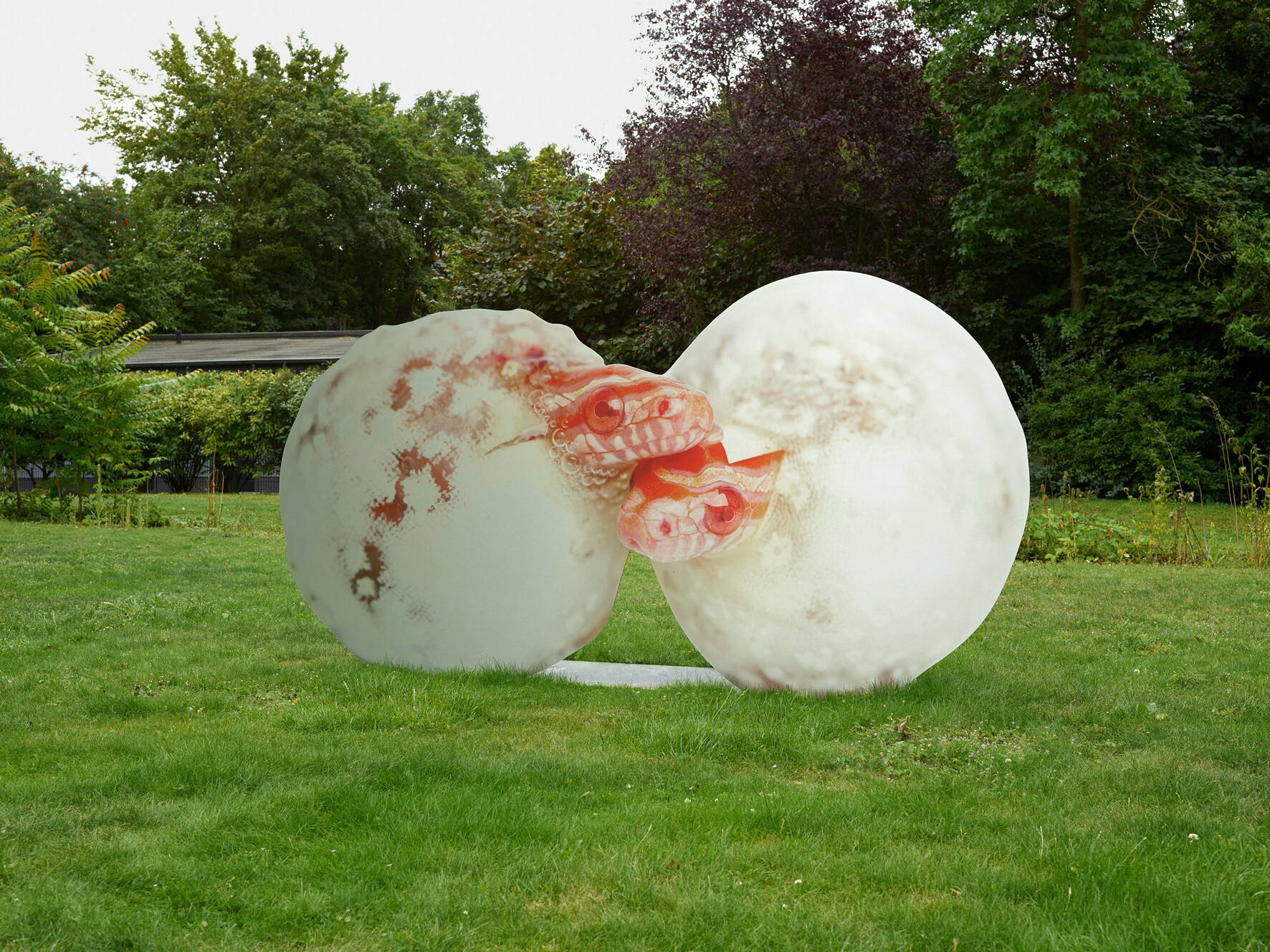

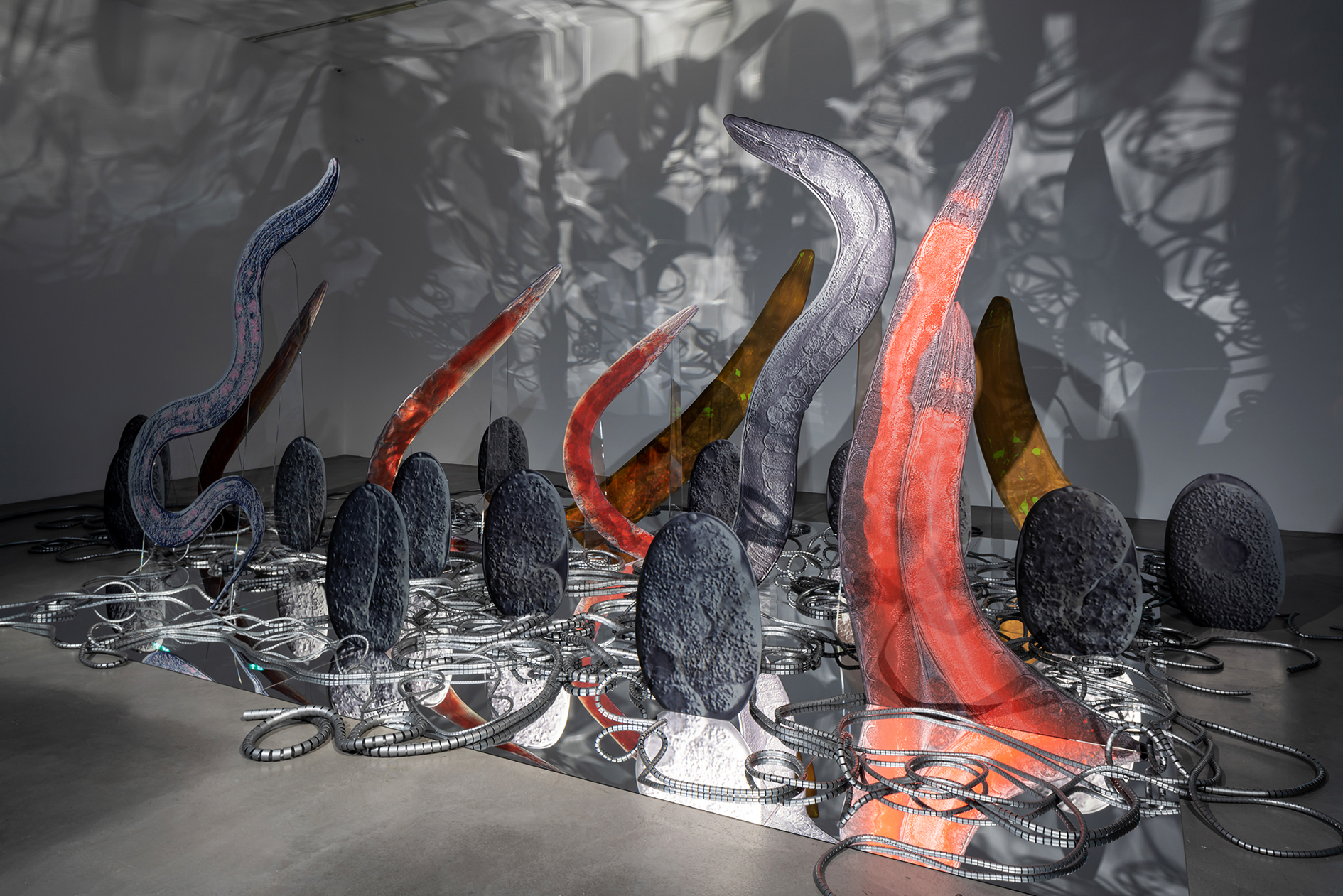
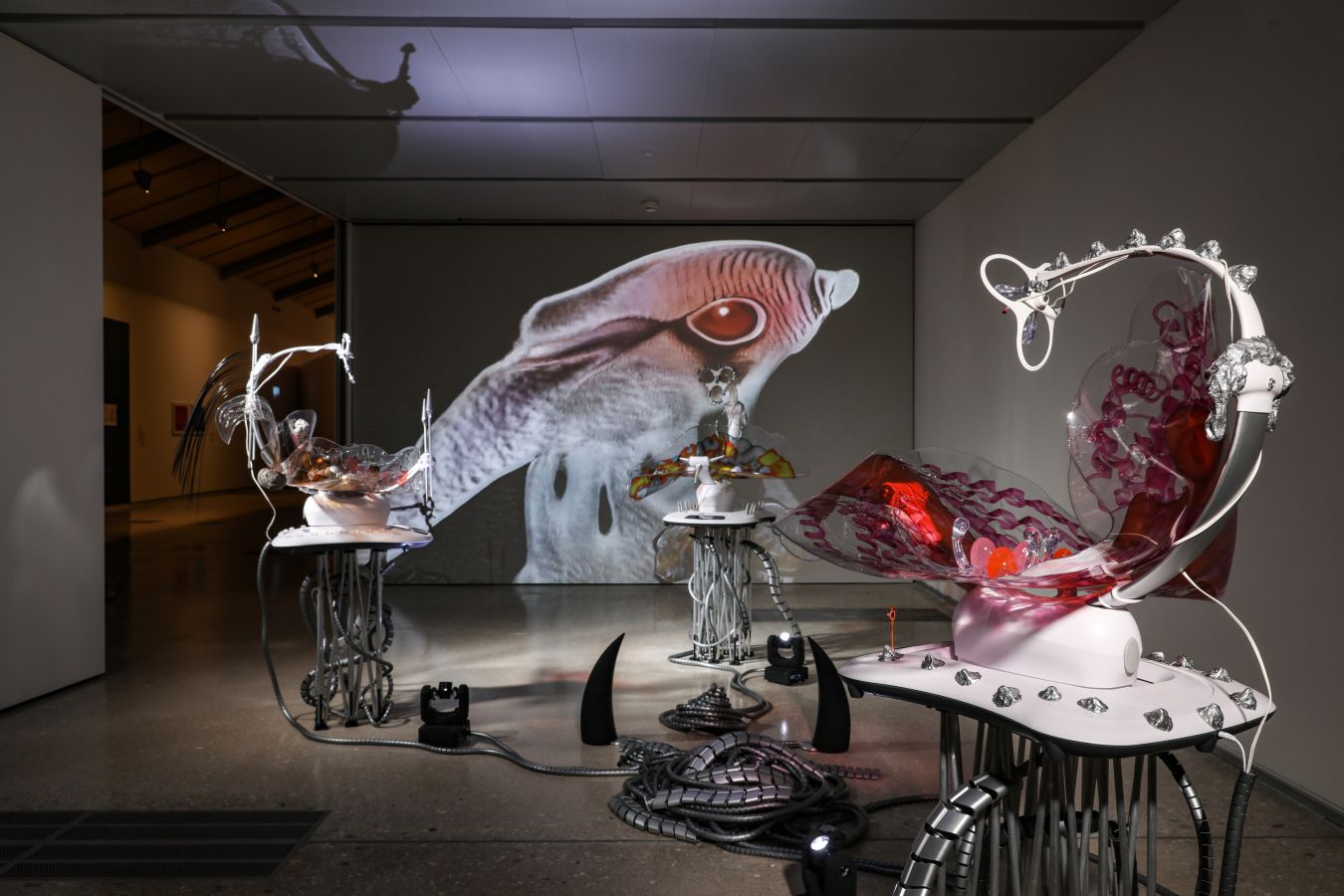
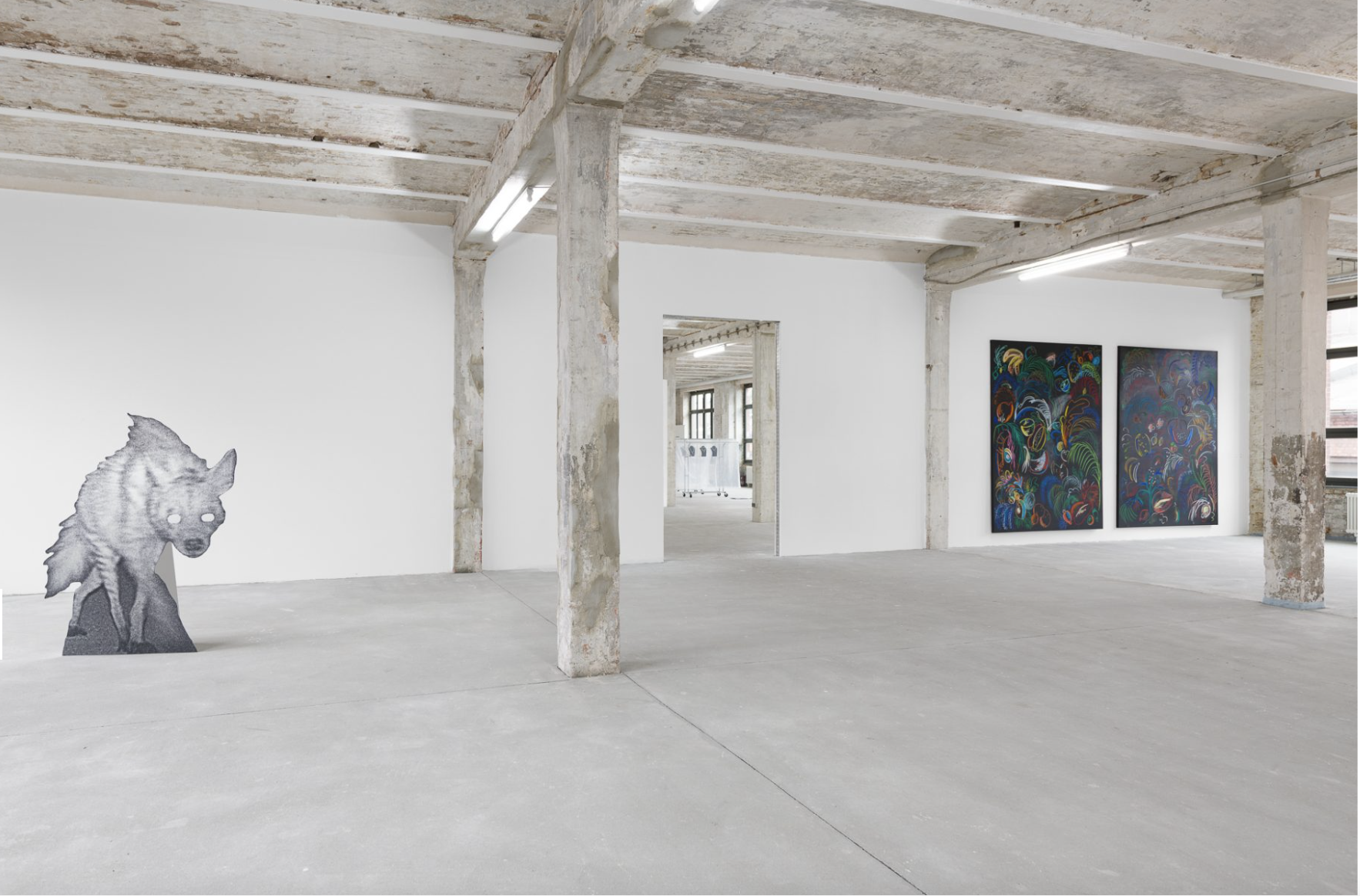

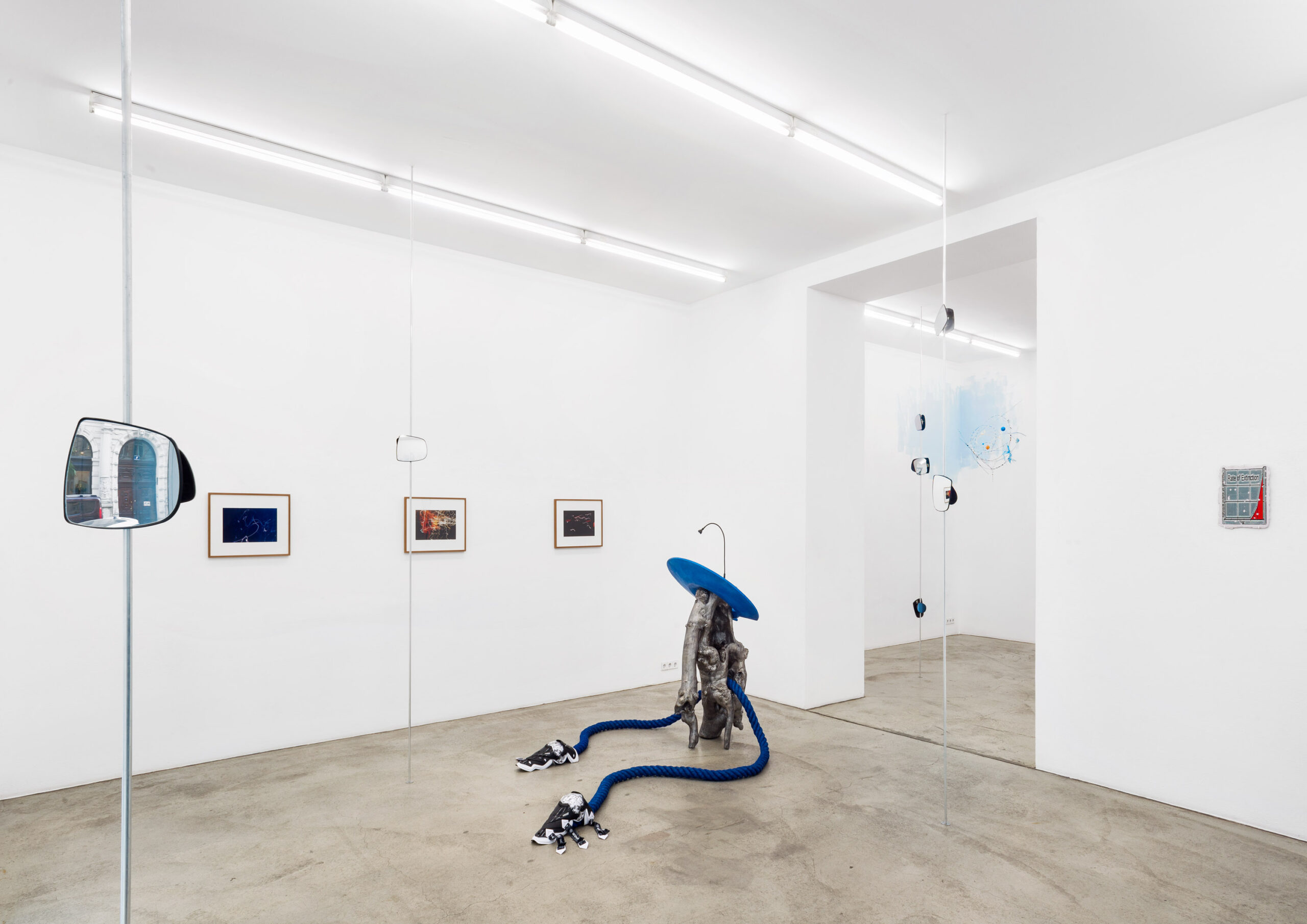






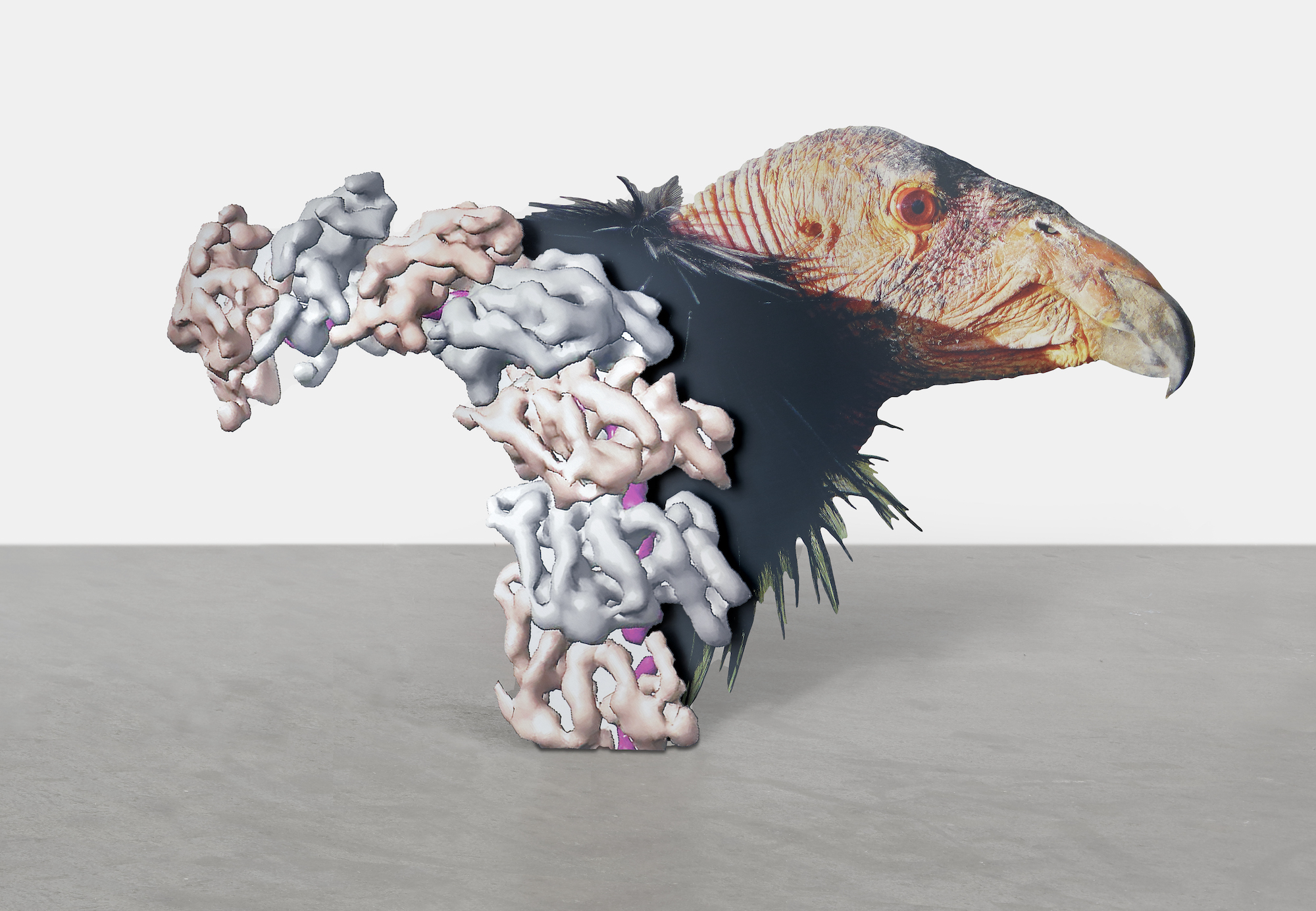
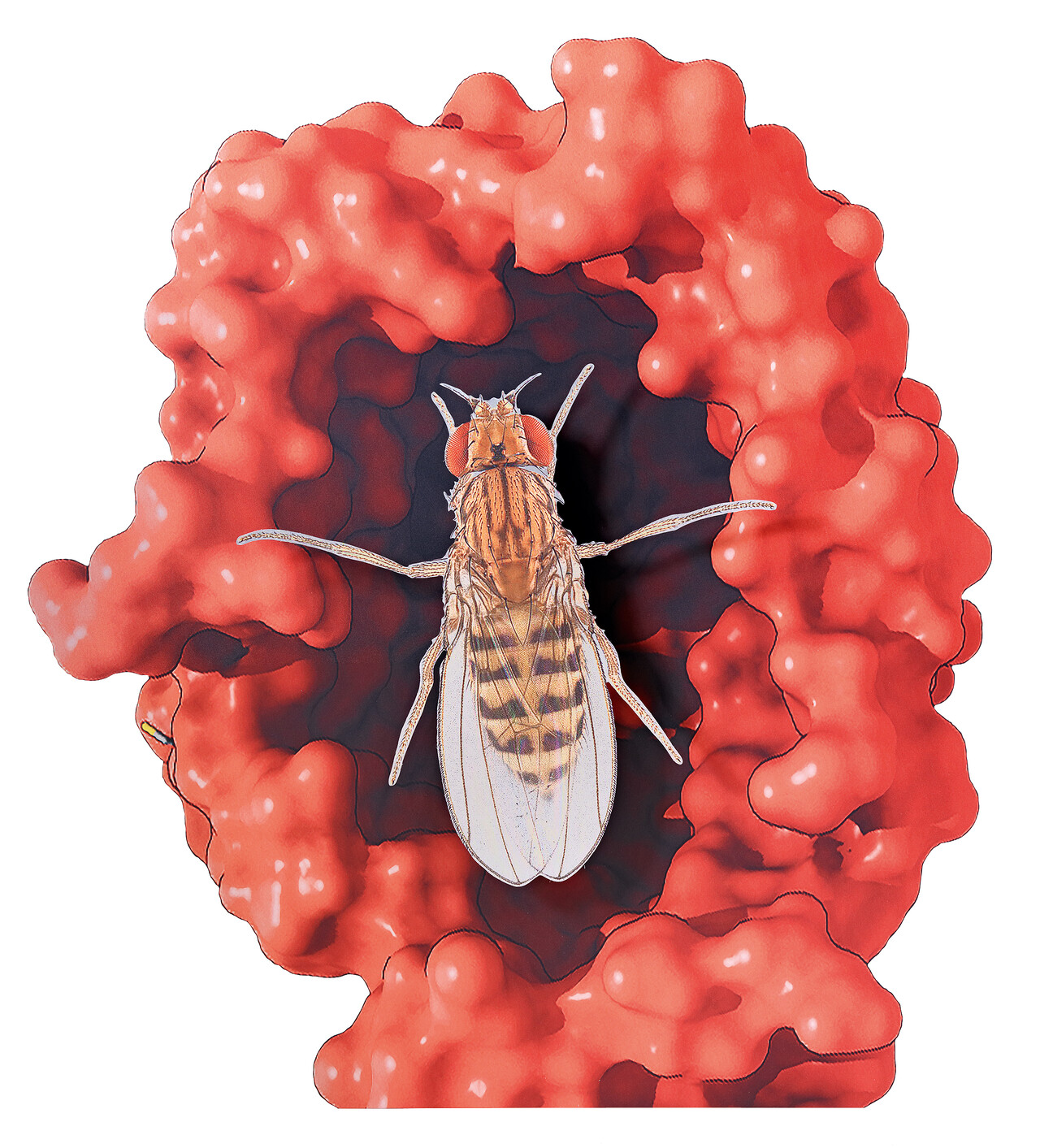
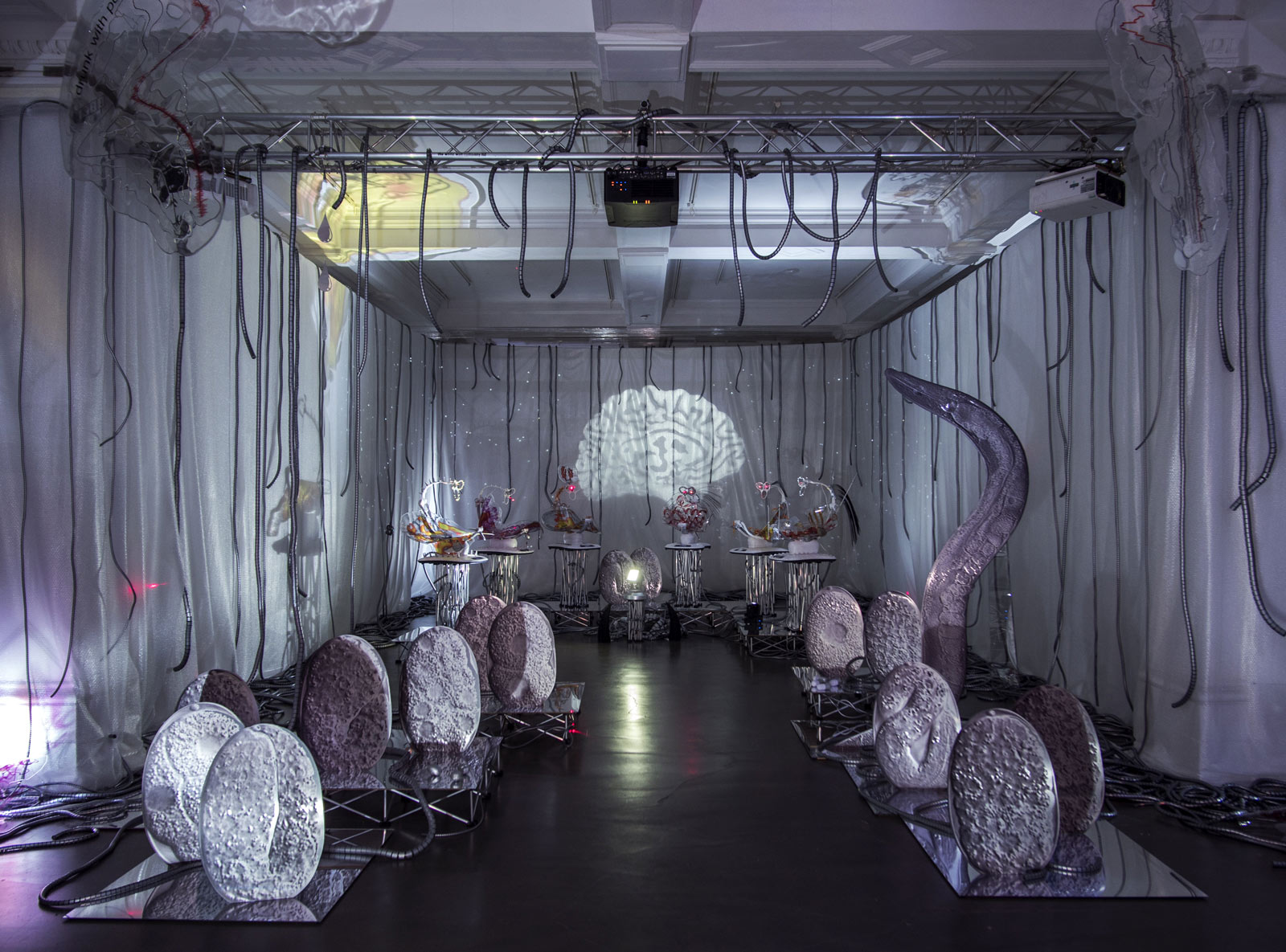
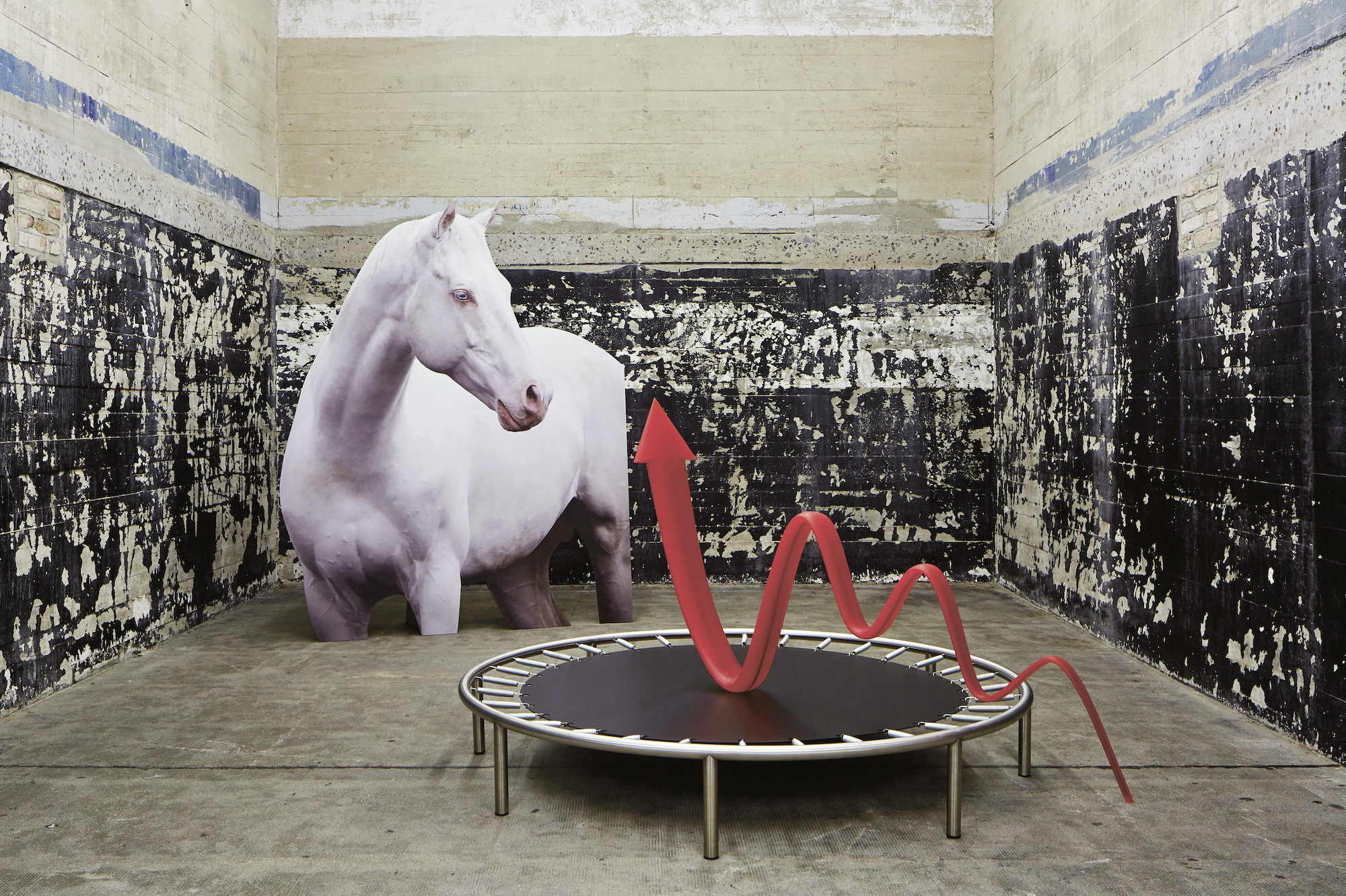
.JPG)

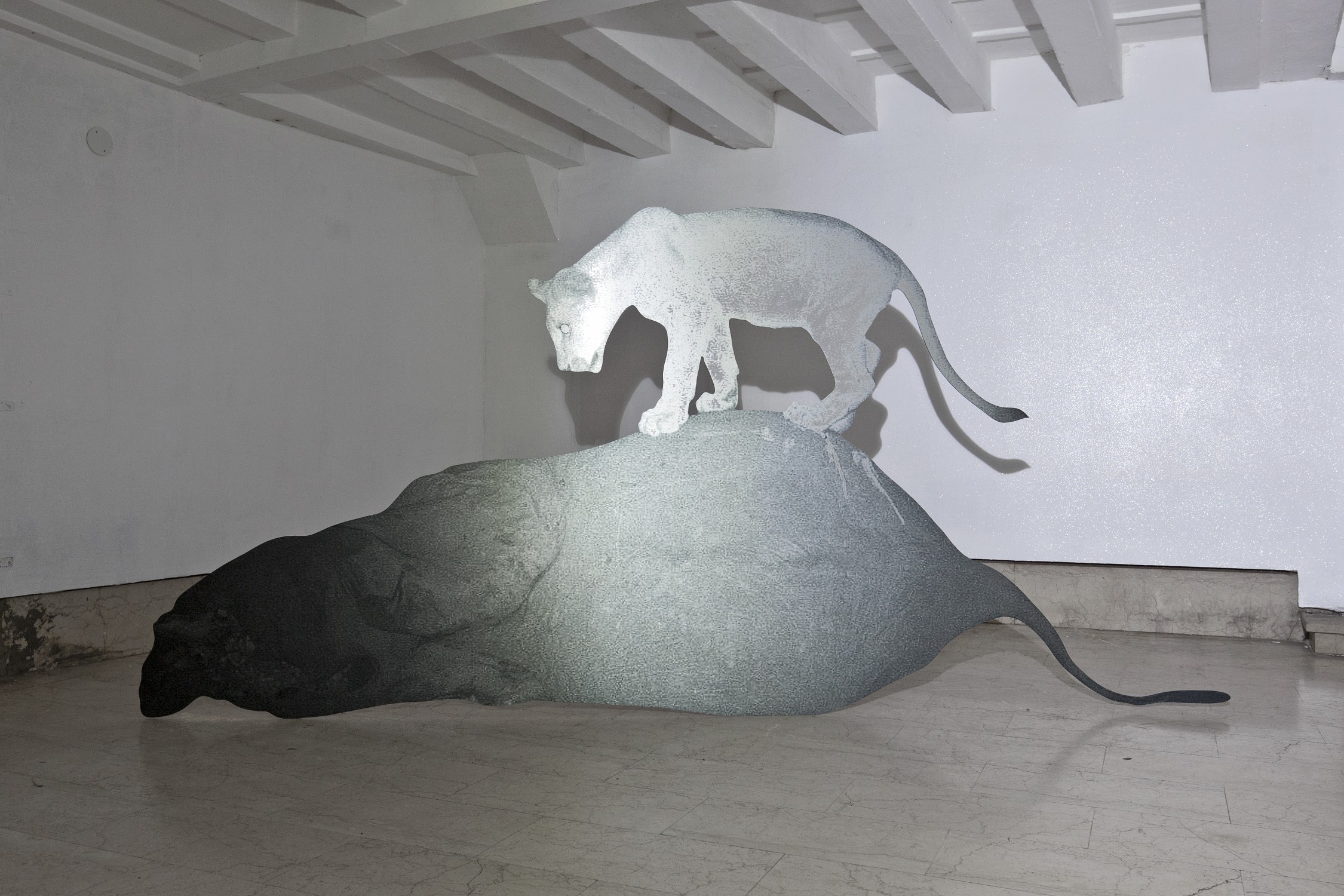
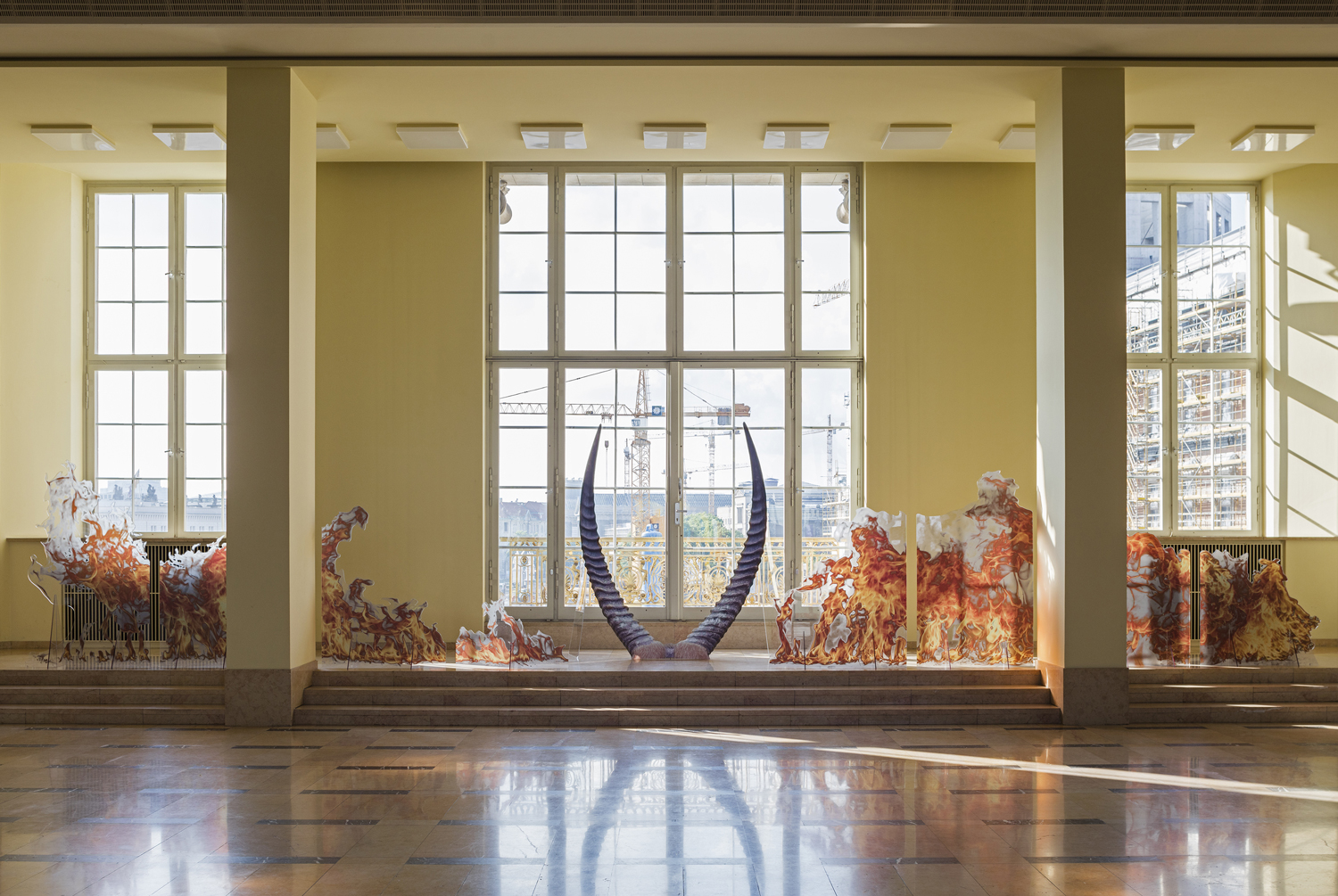
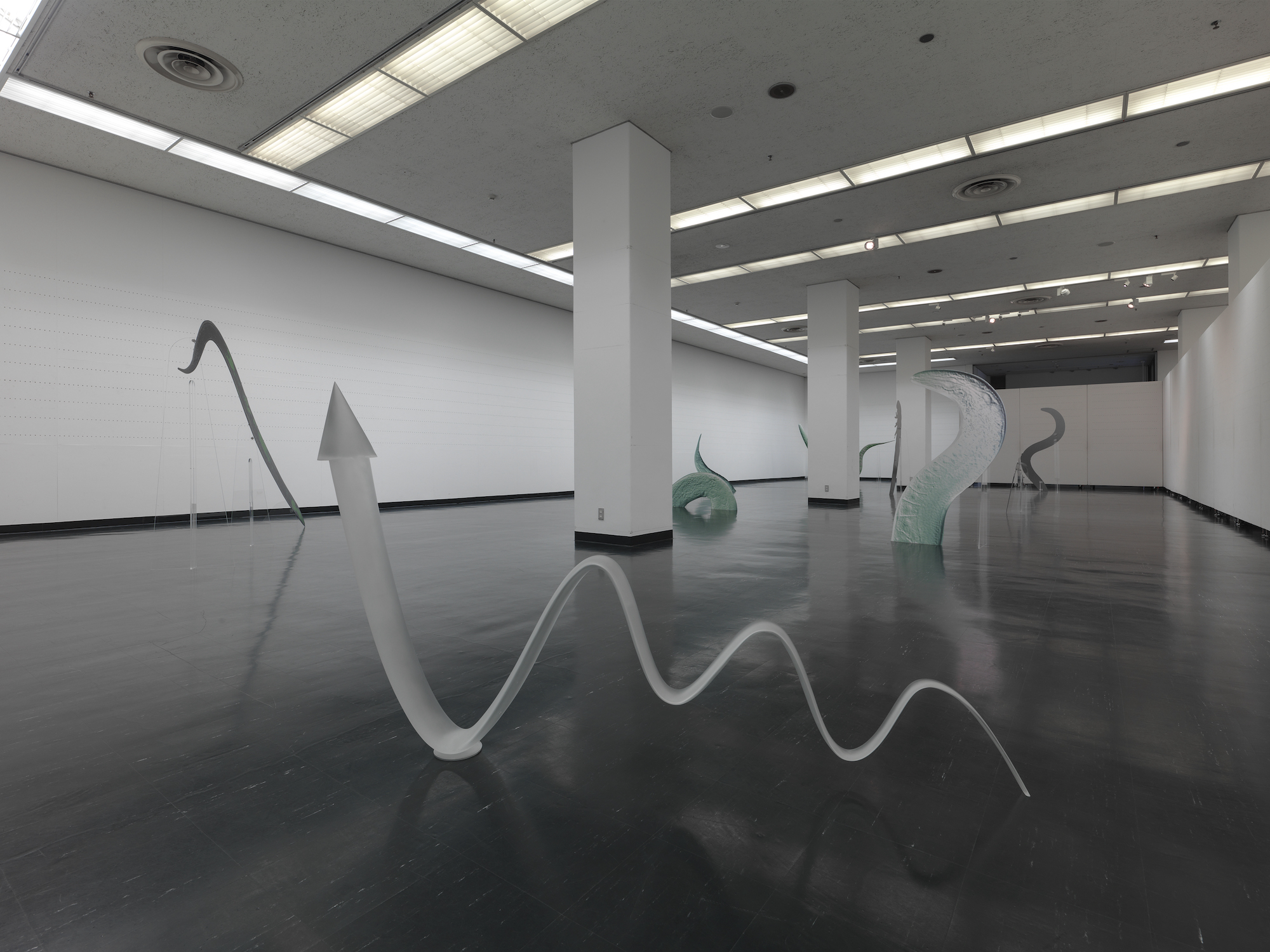
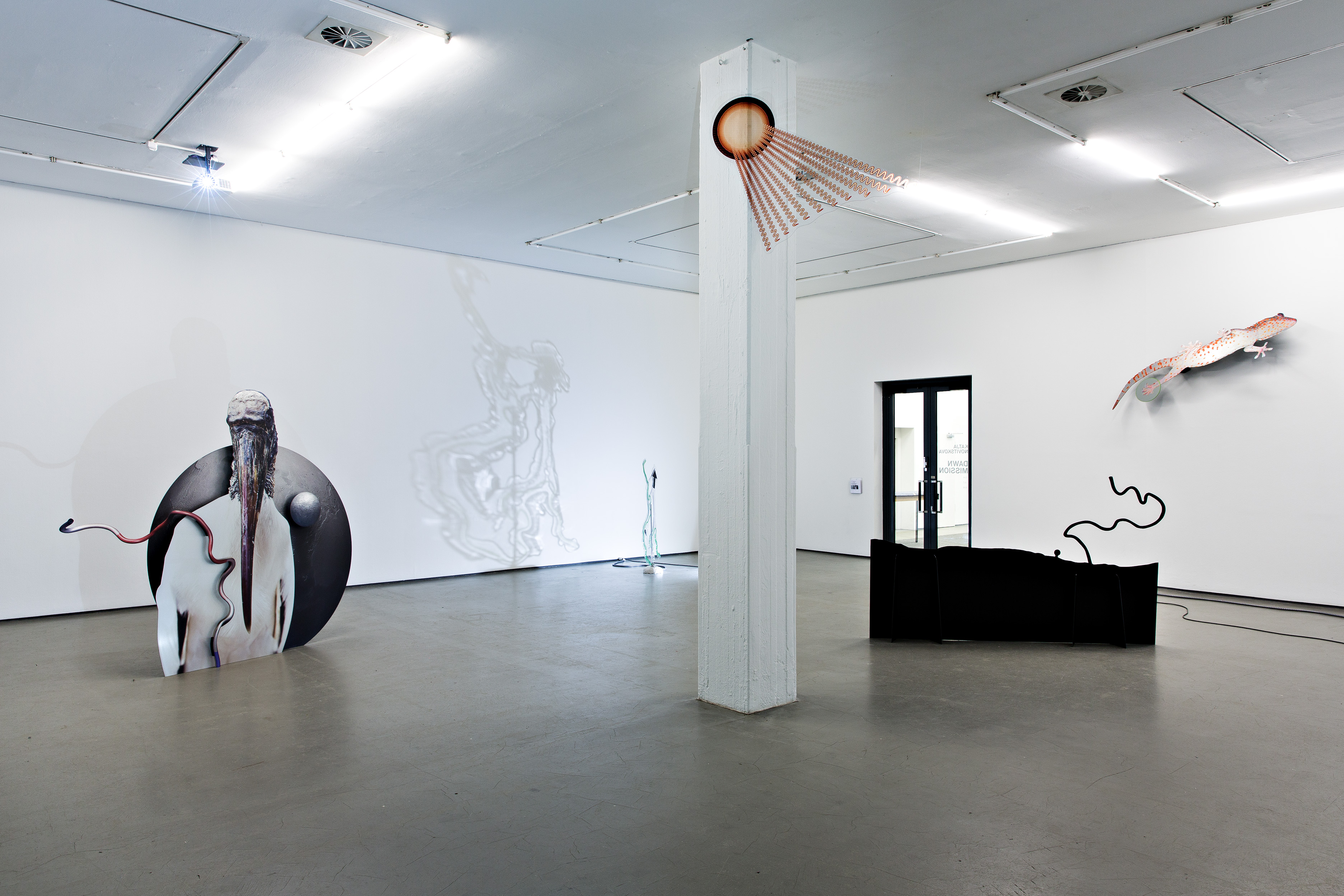


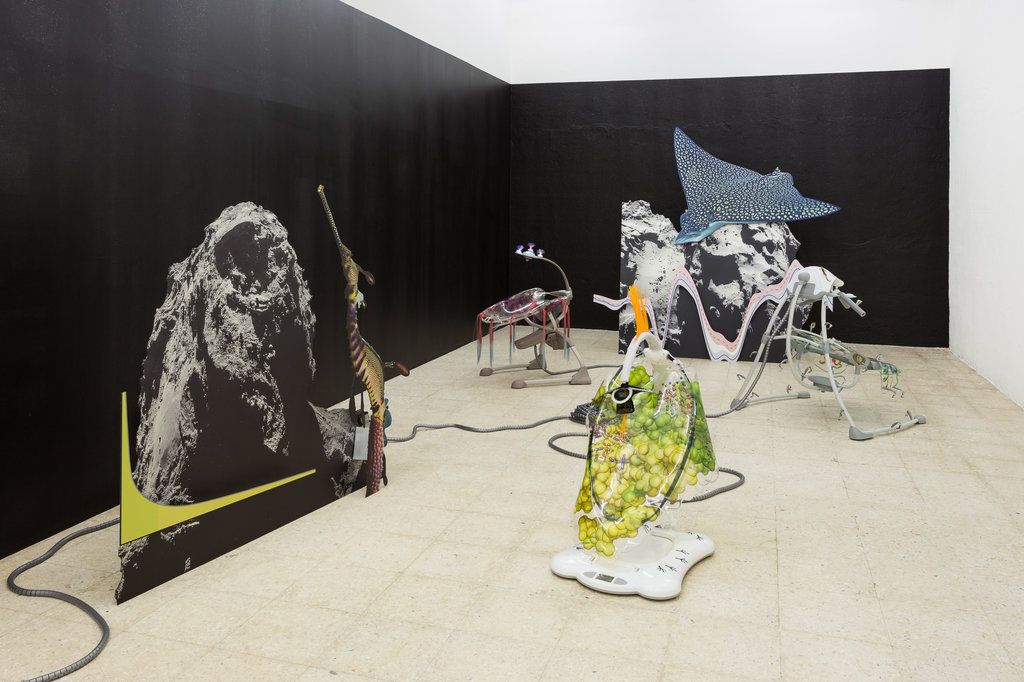
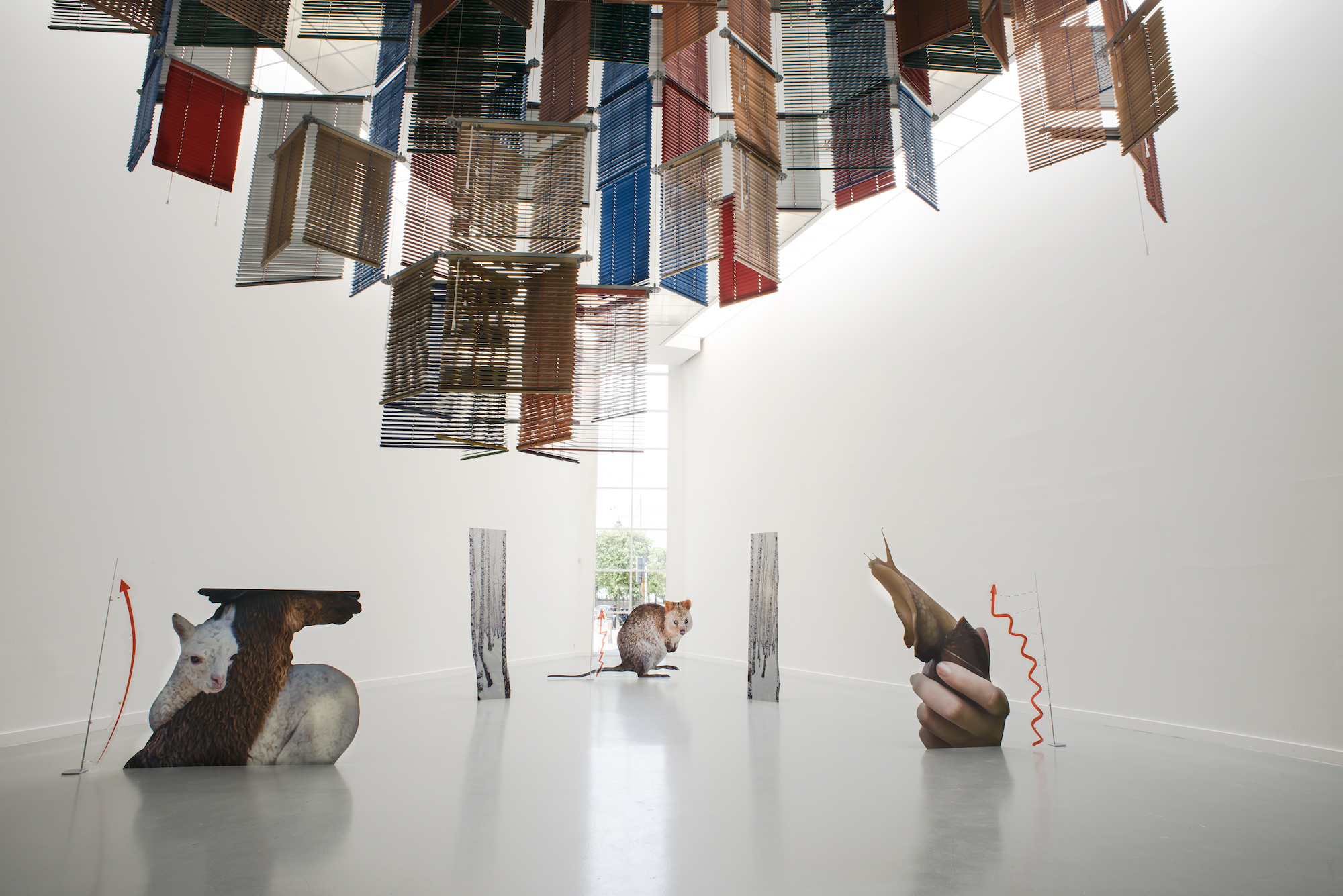


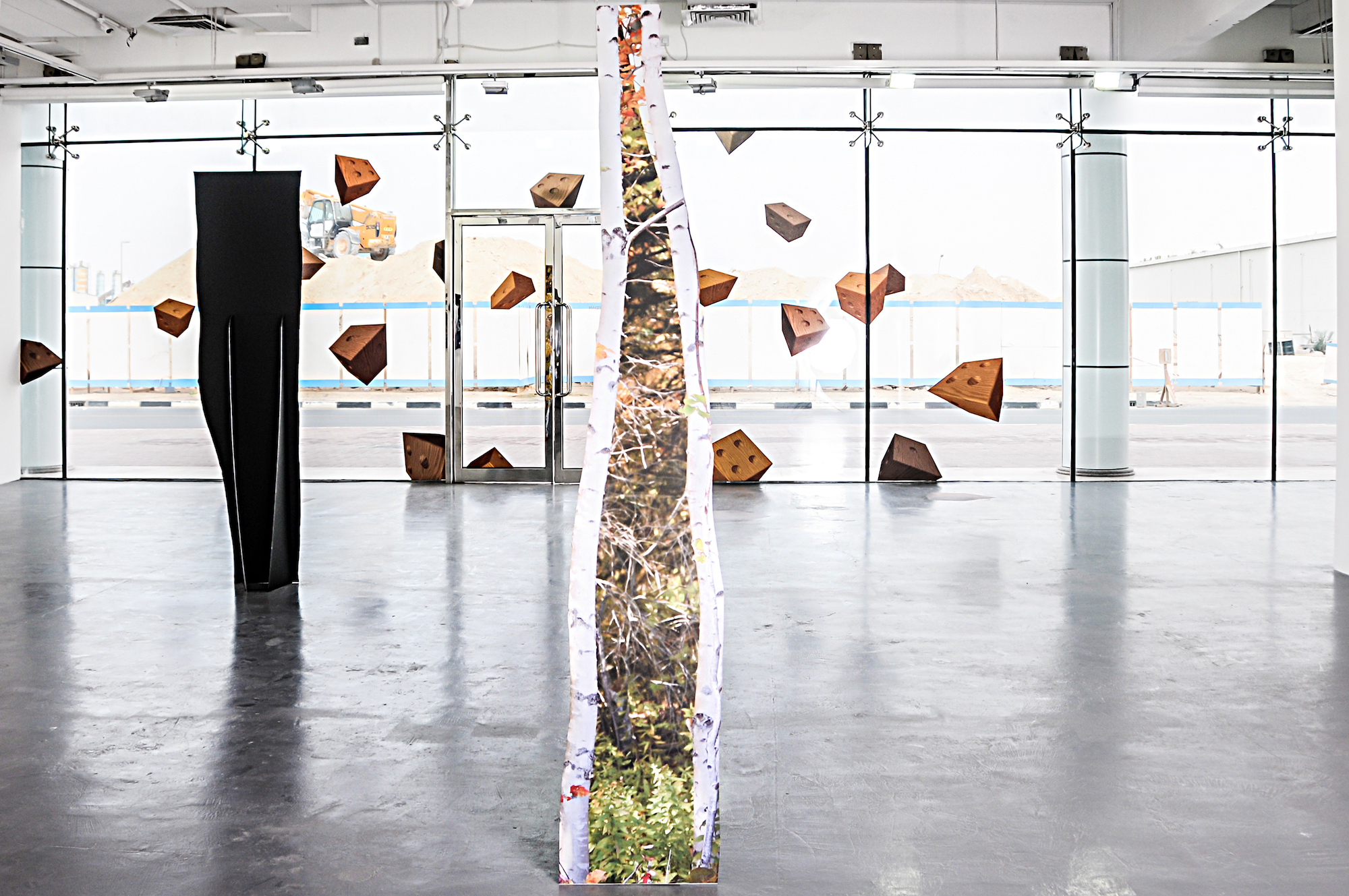

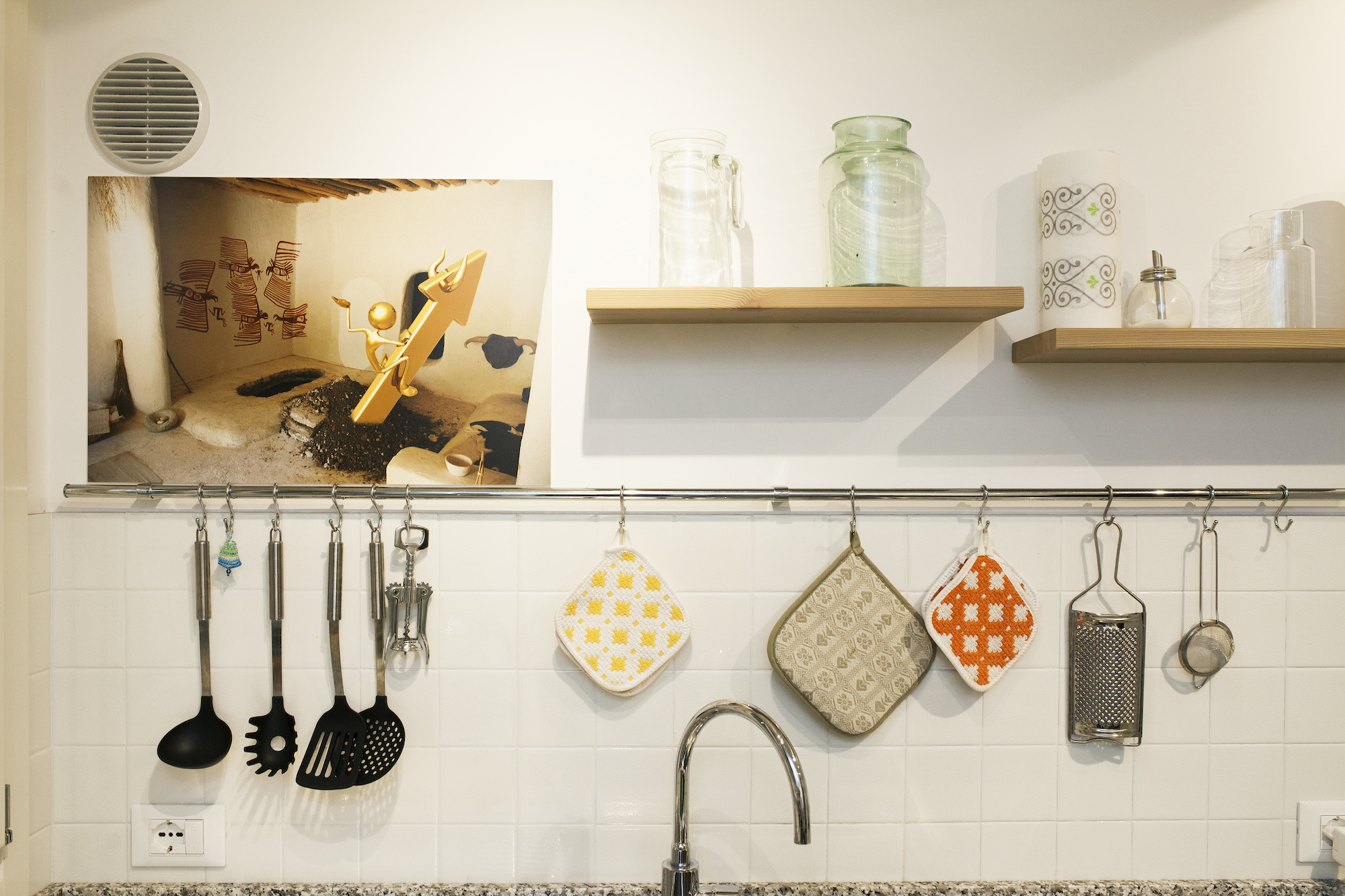

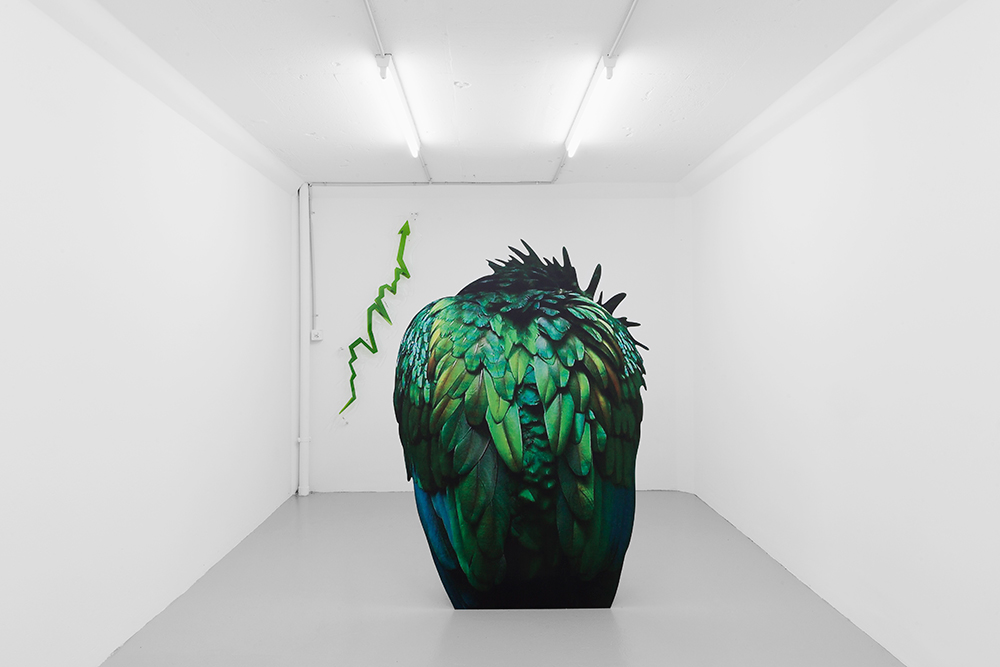
.jpg)

